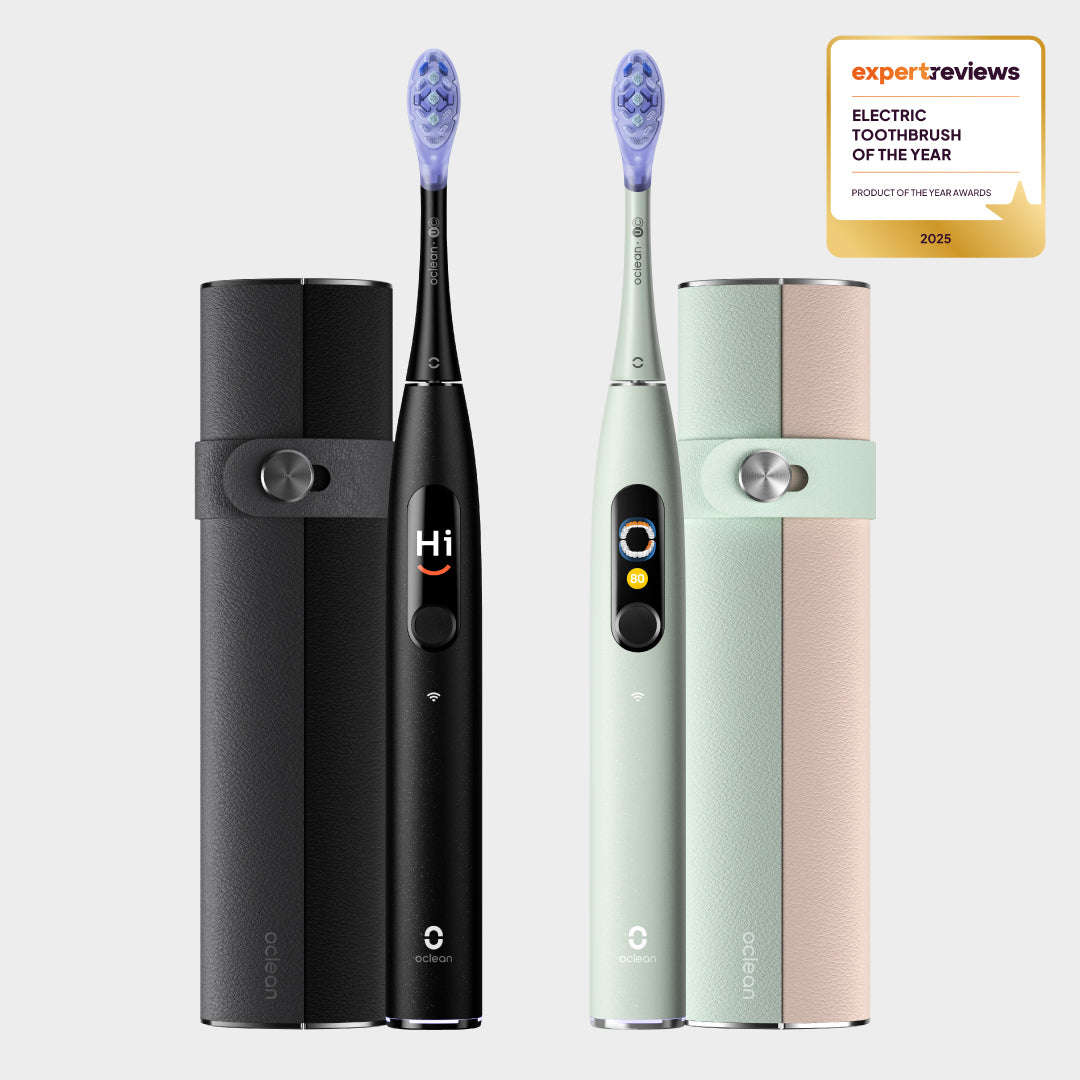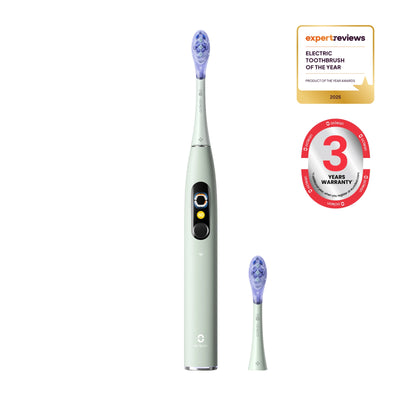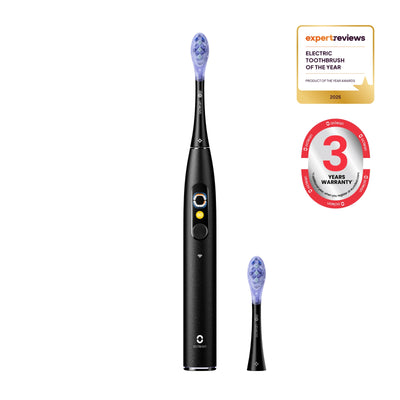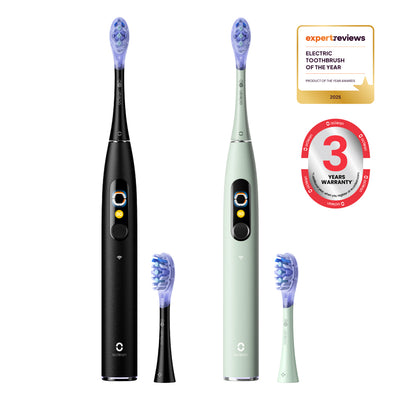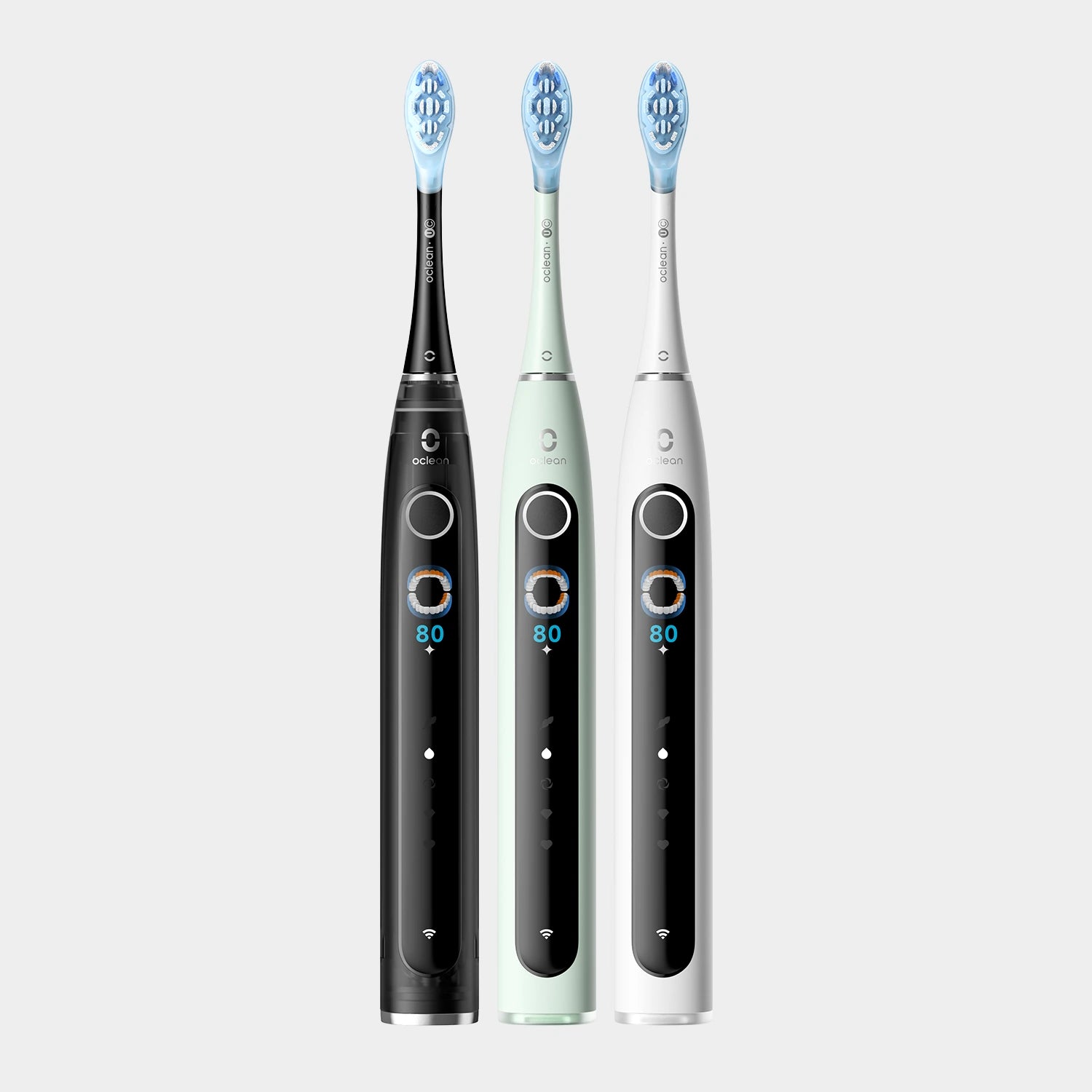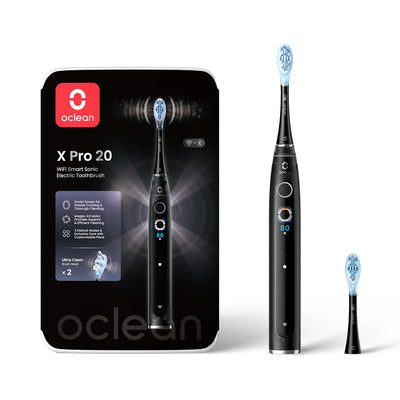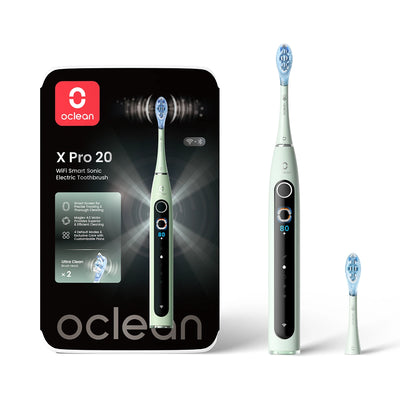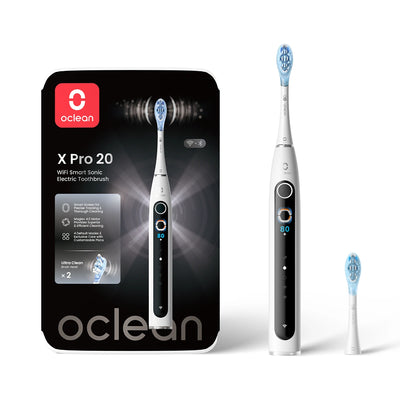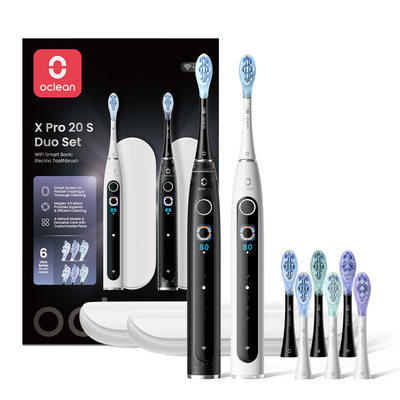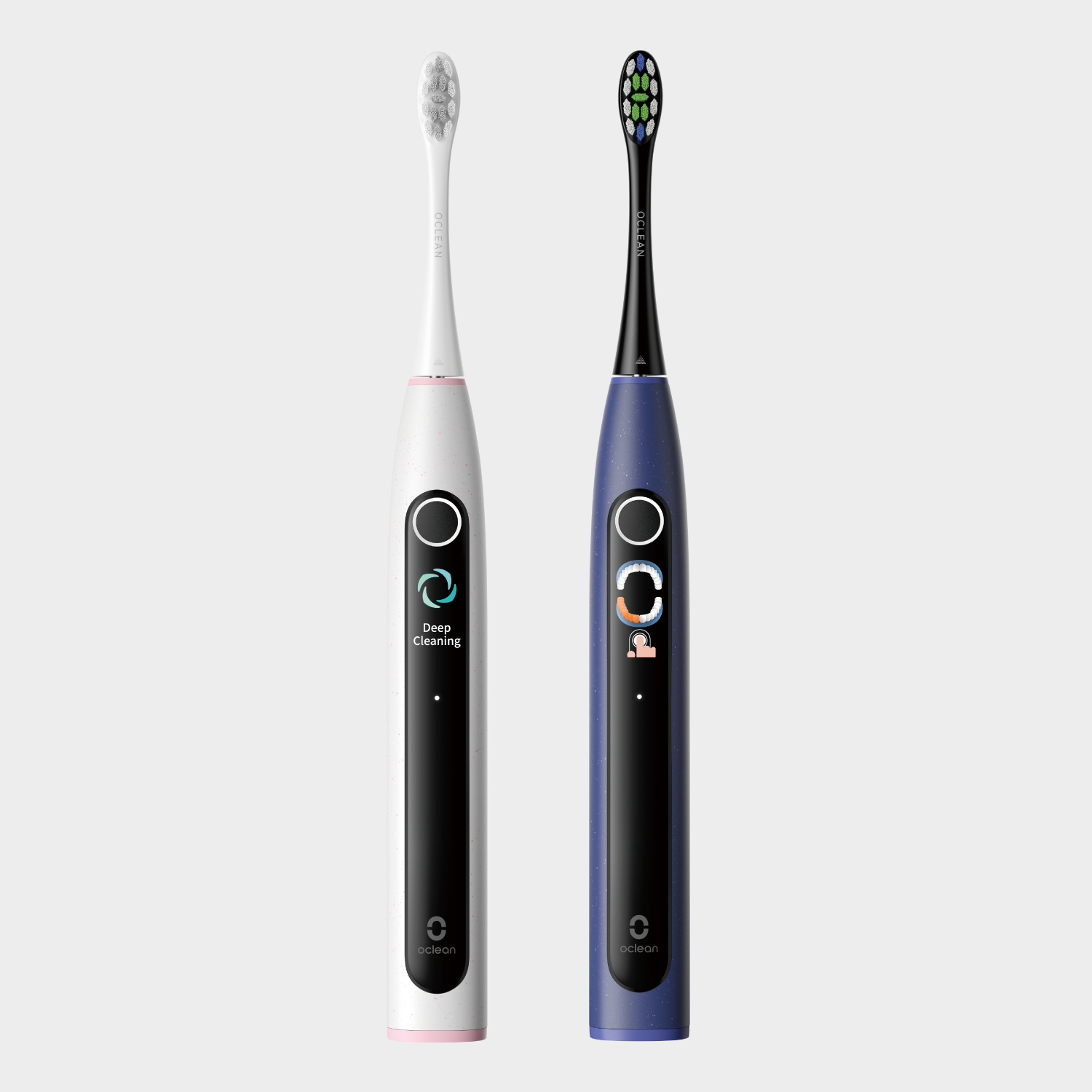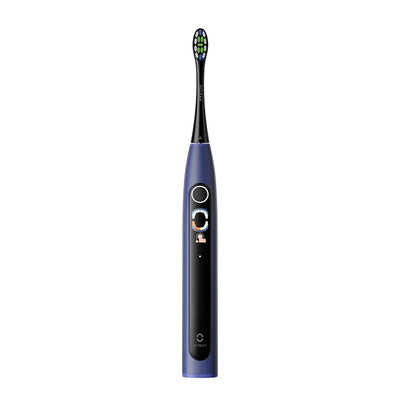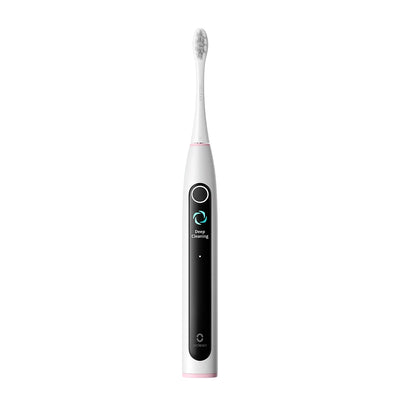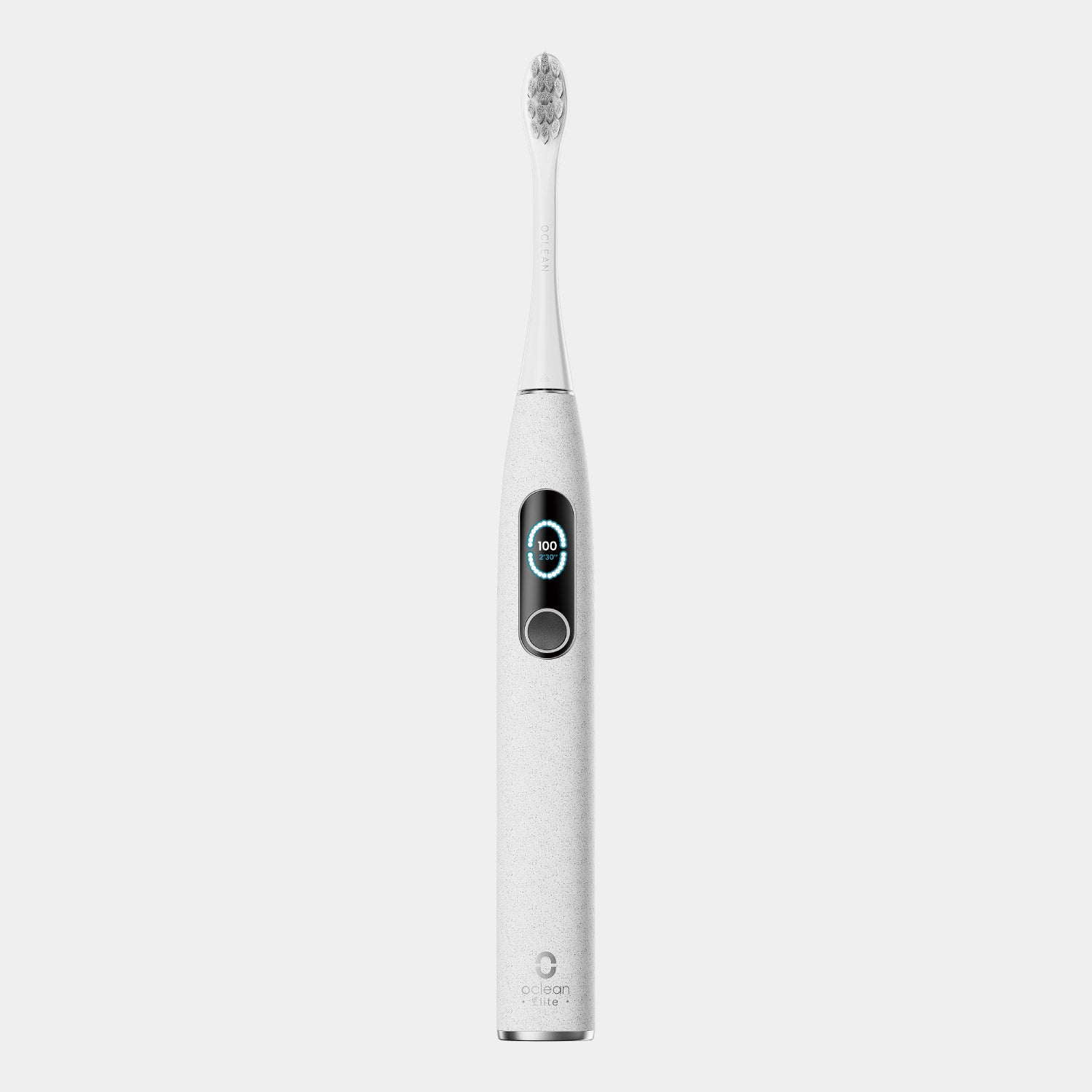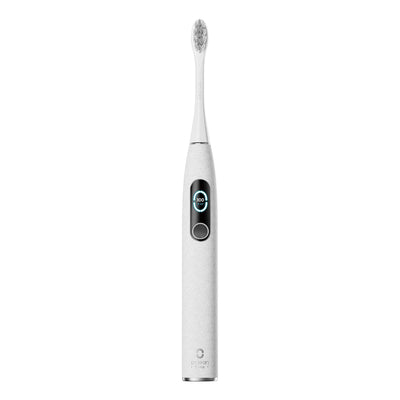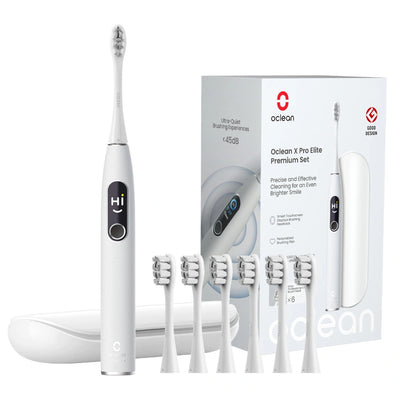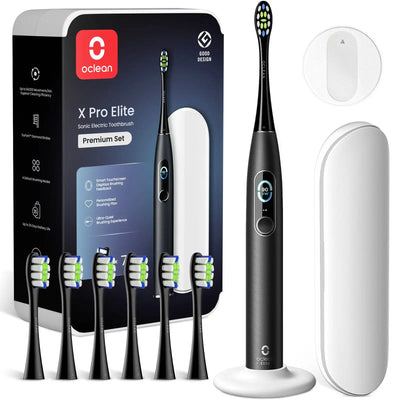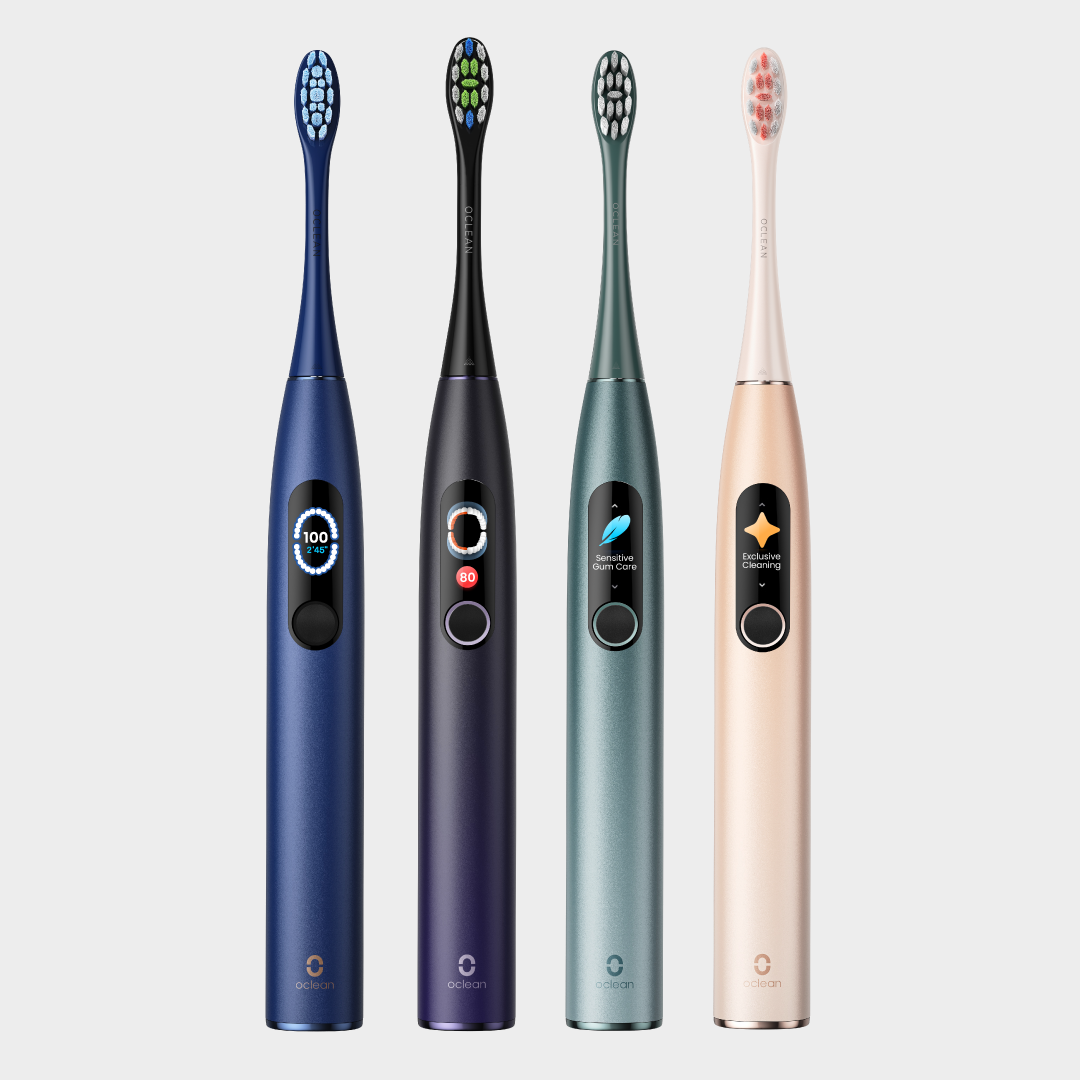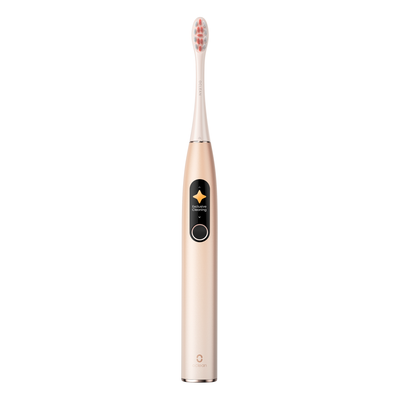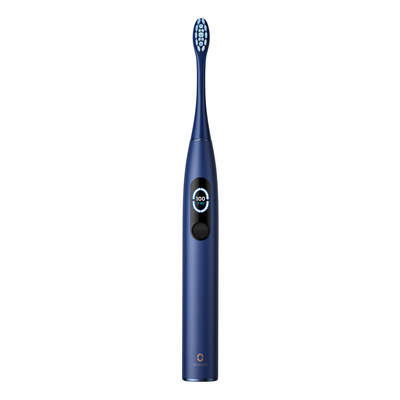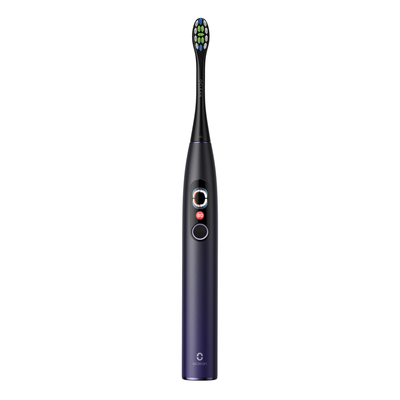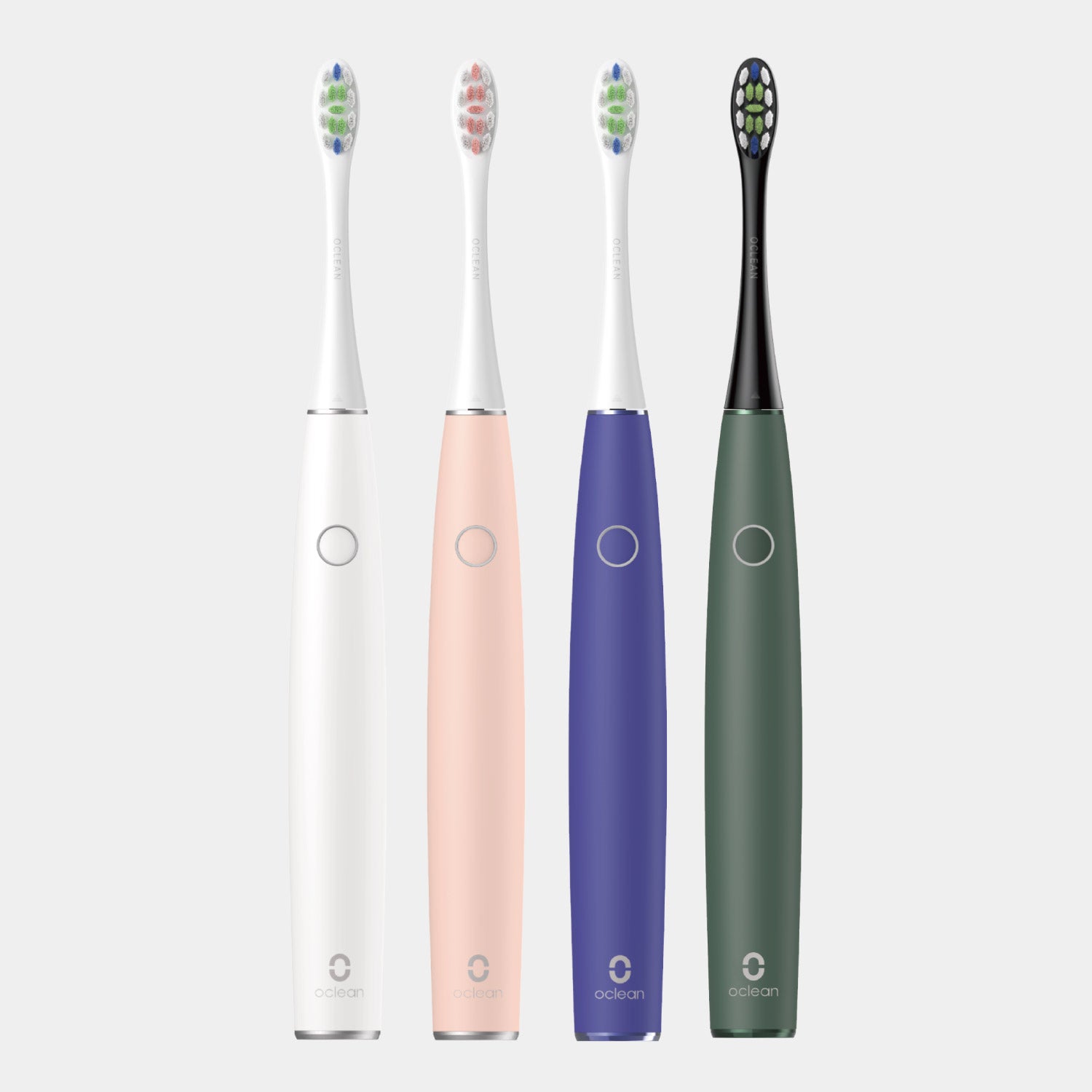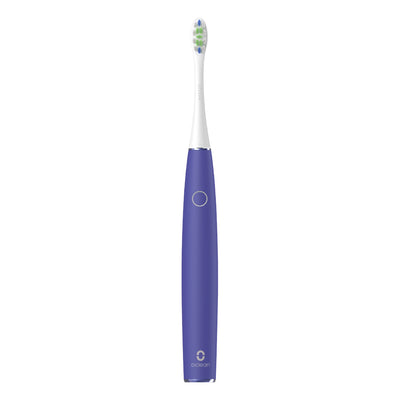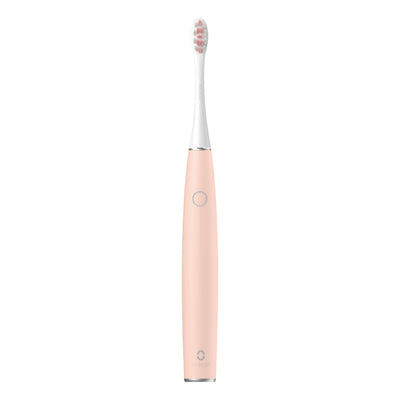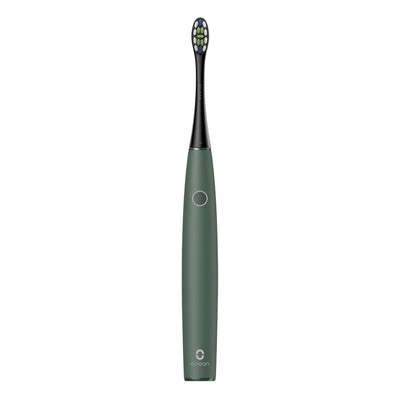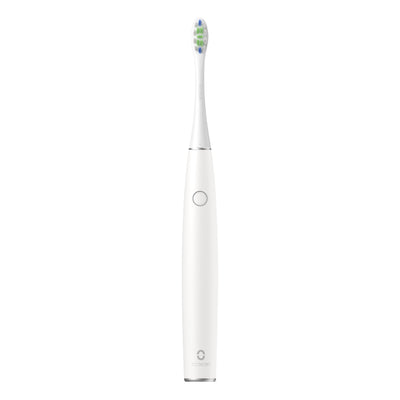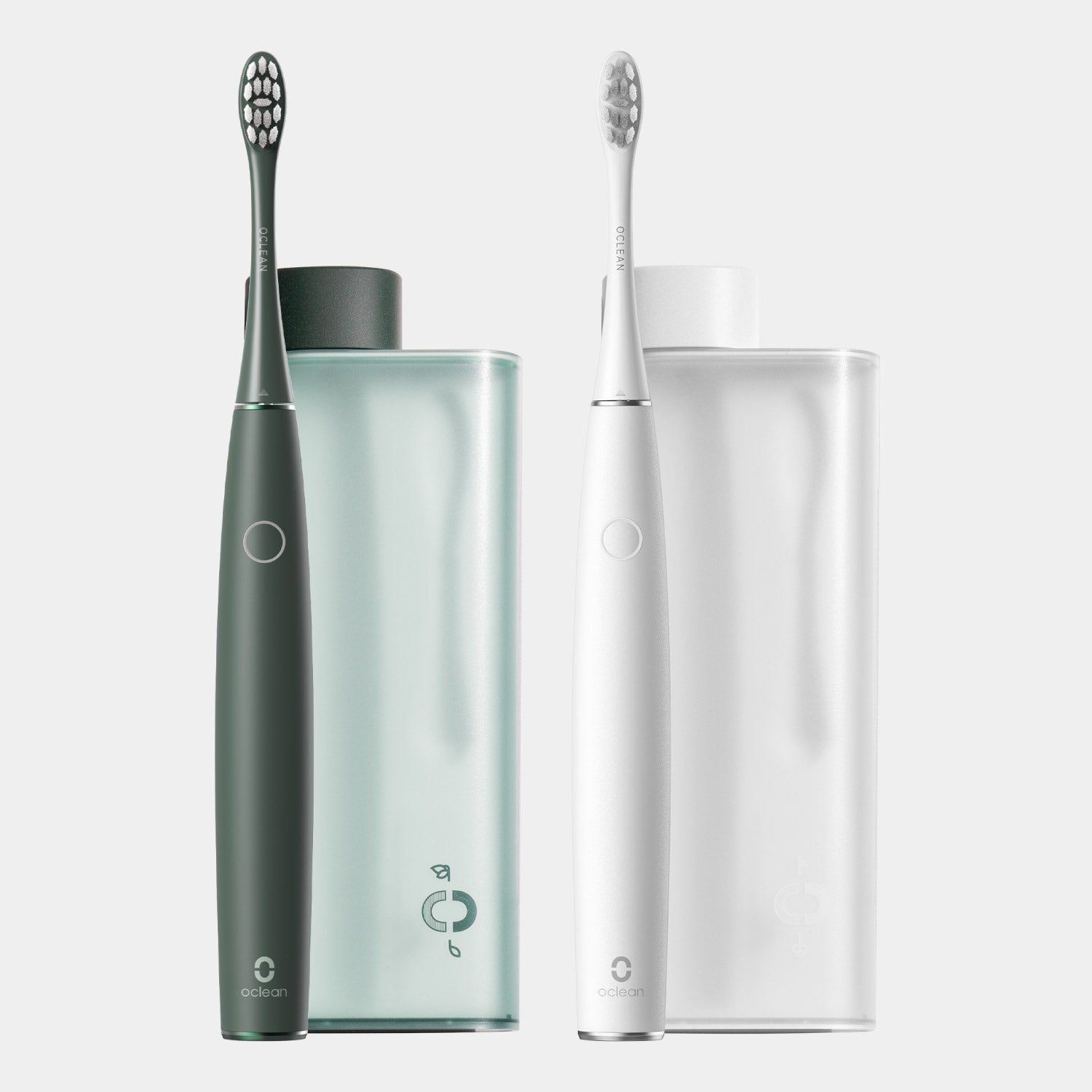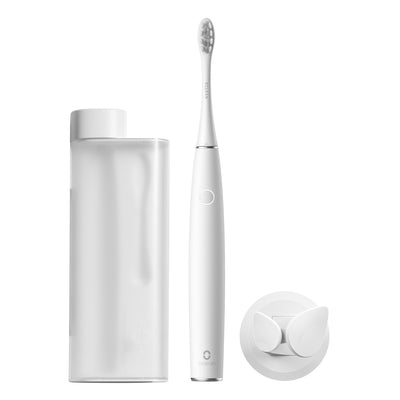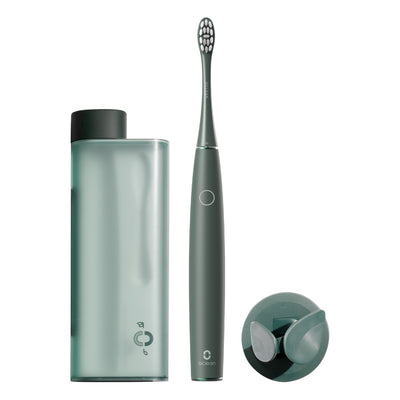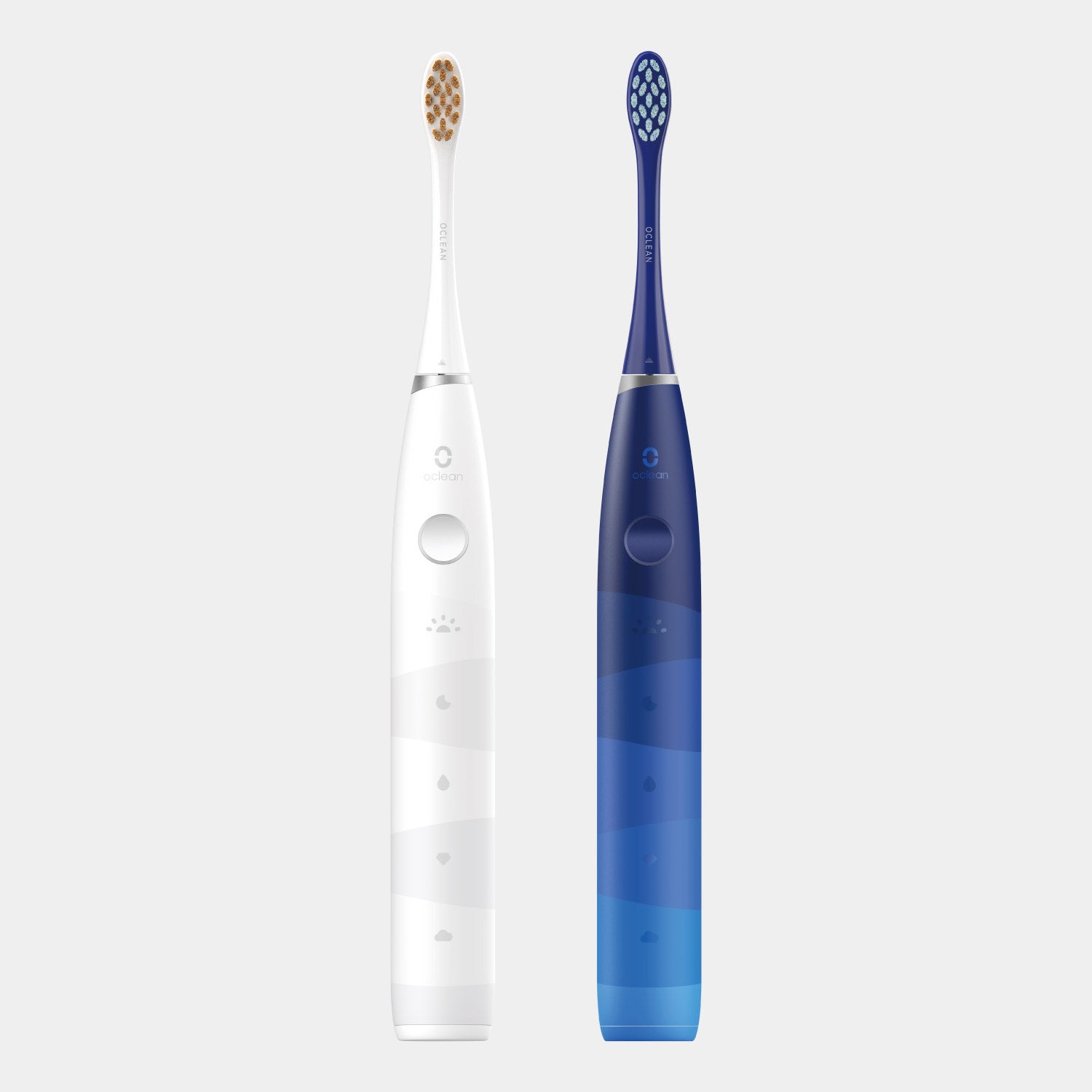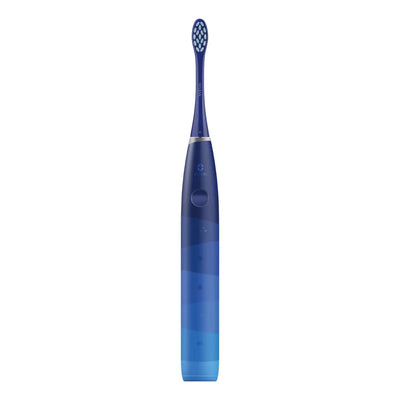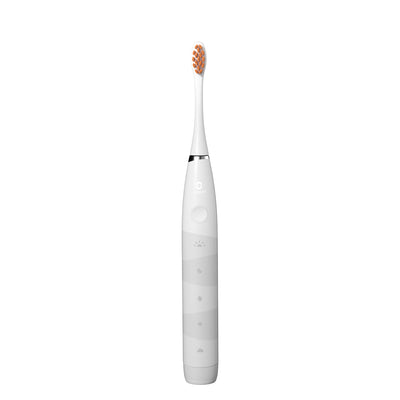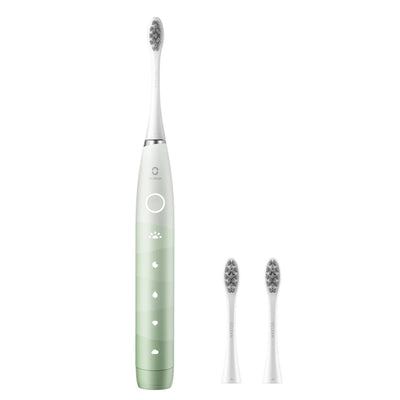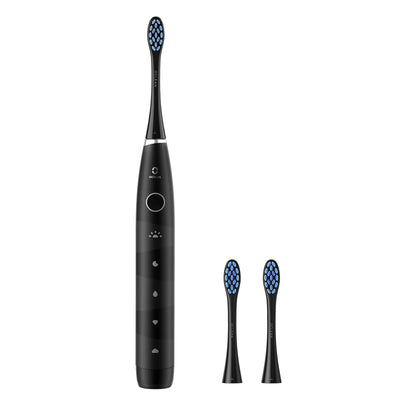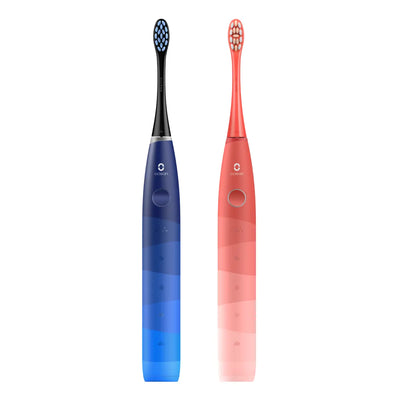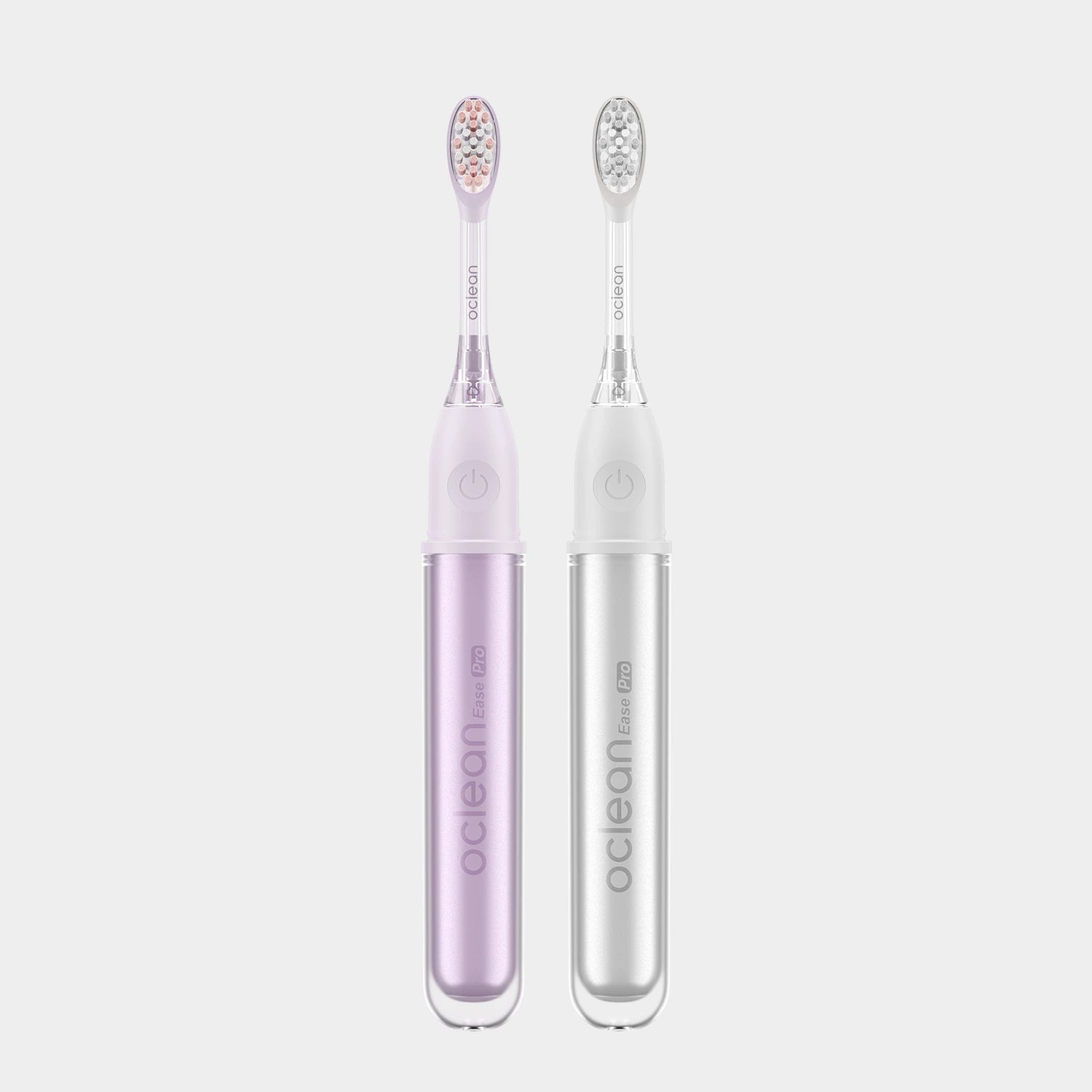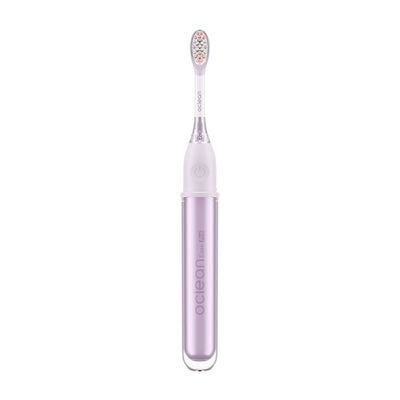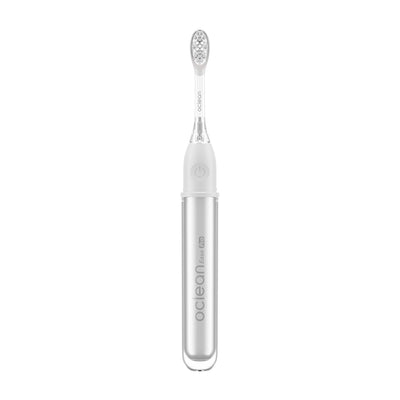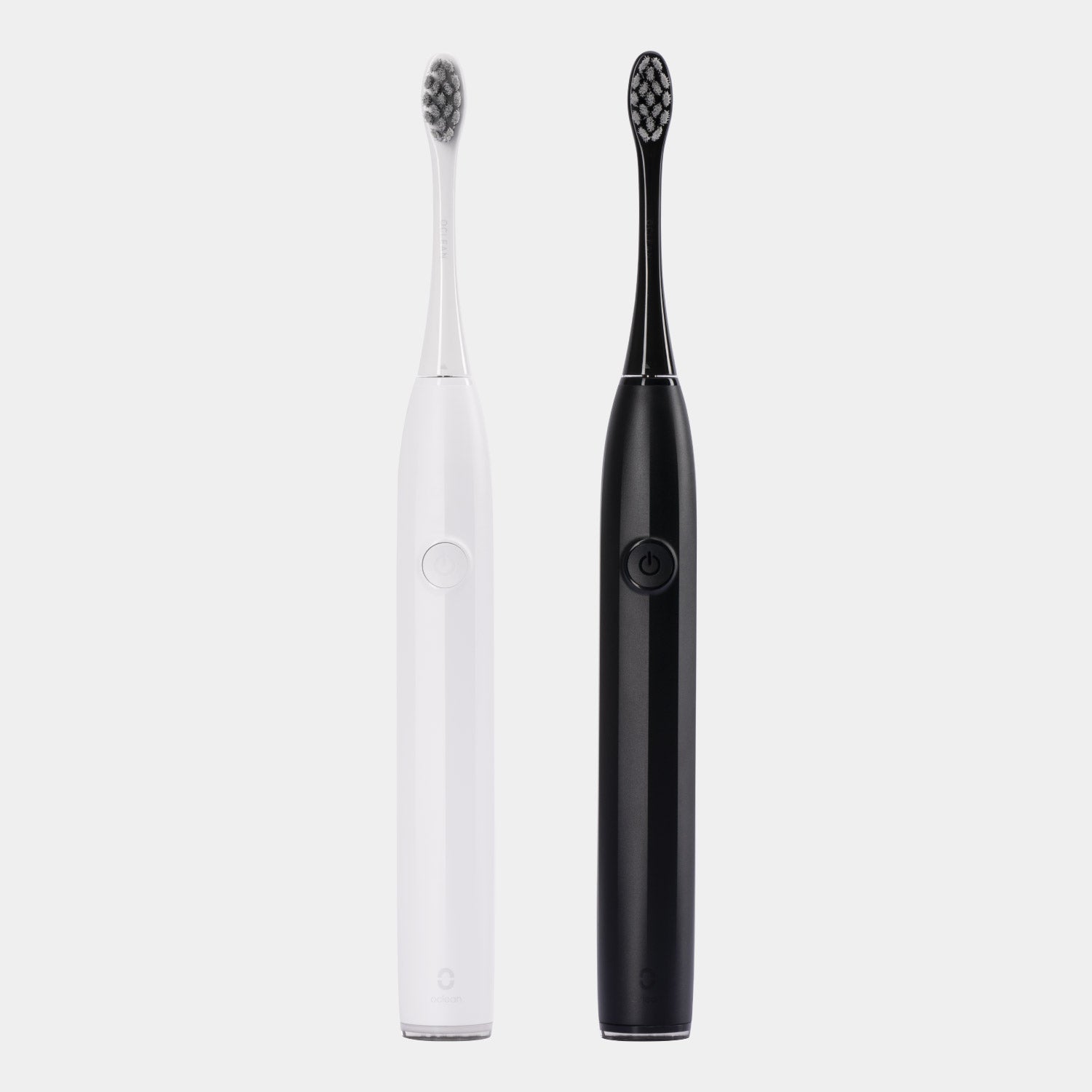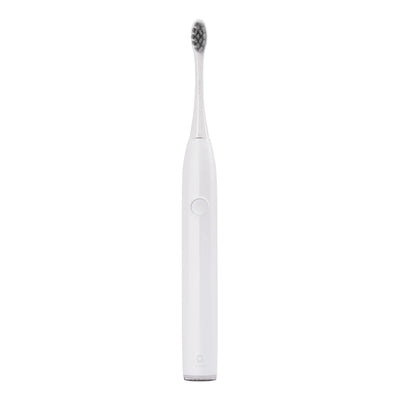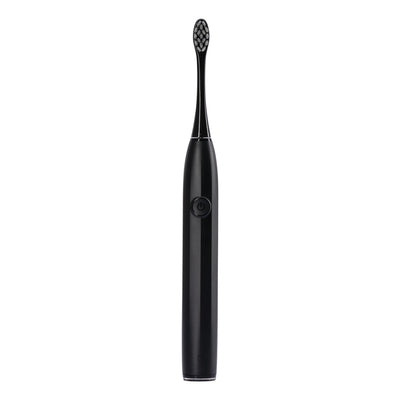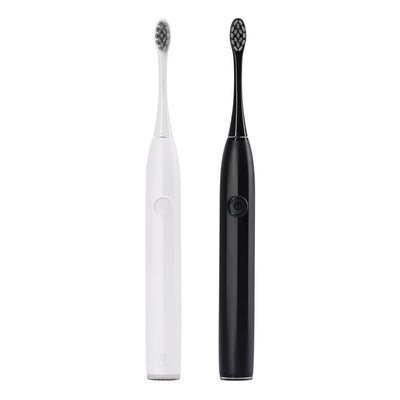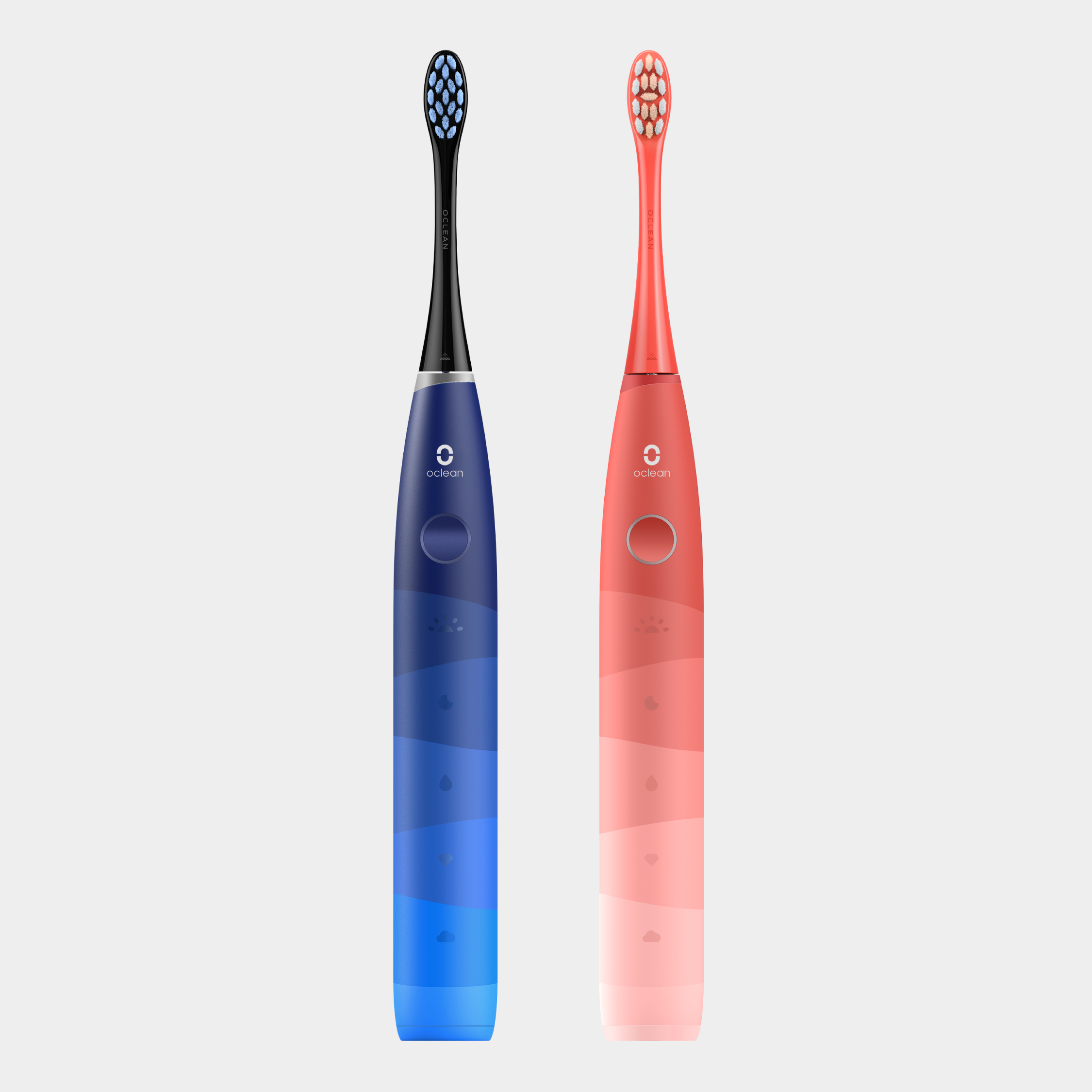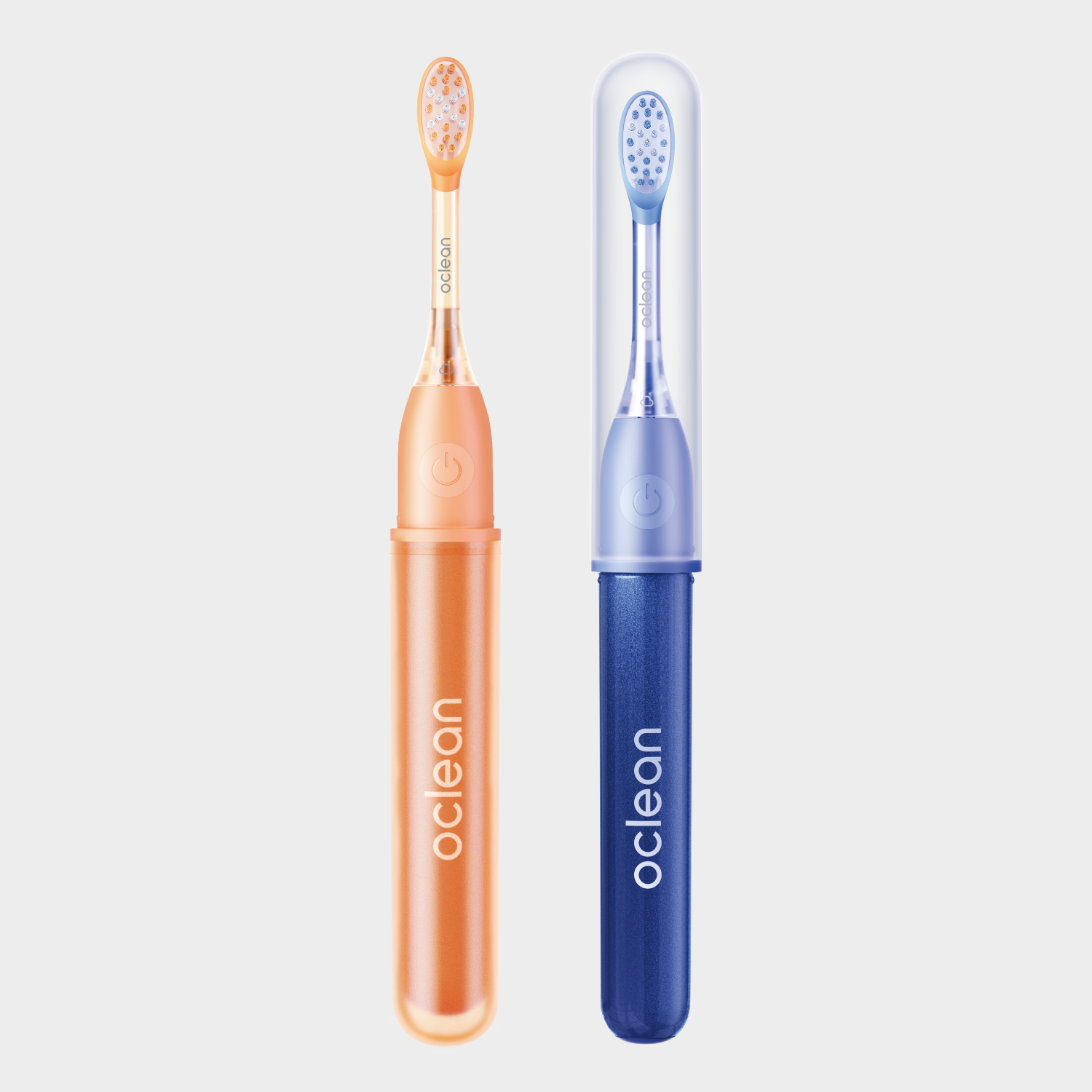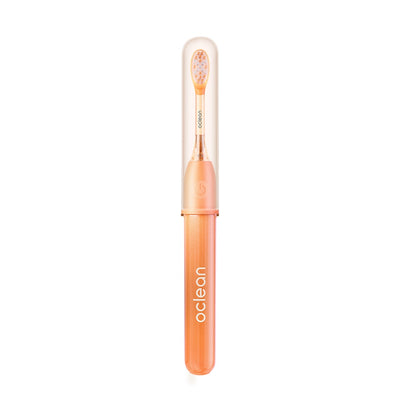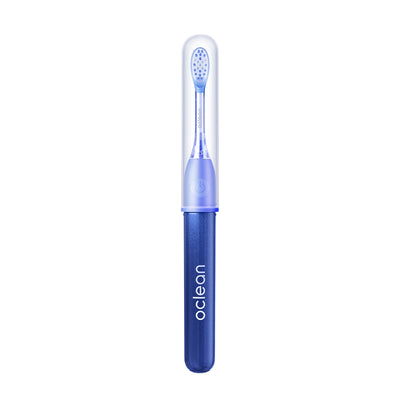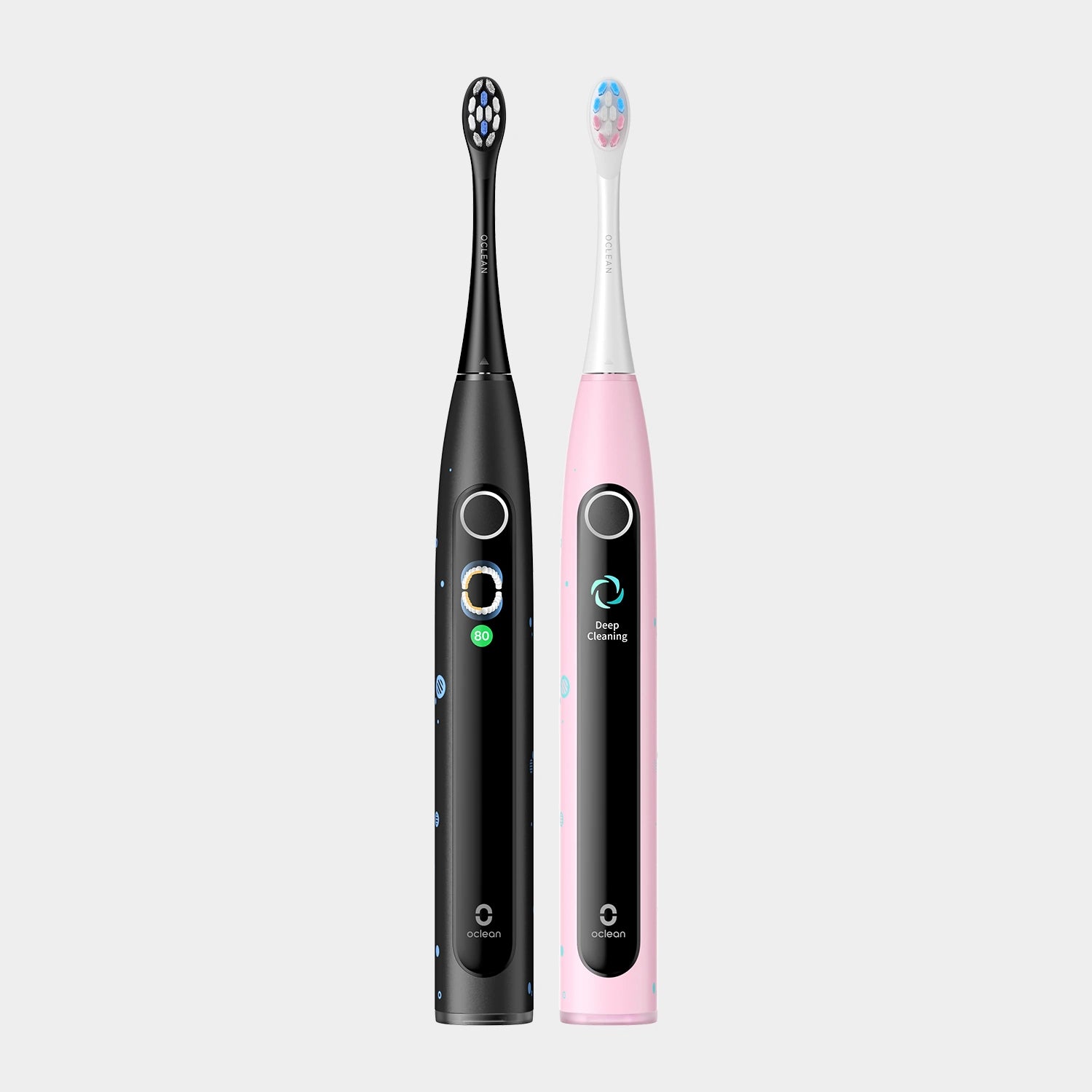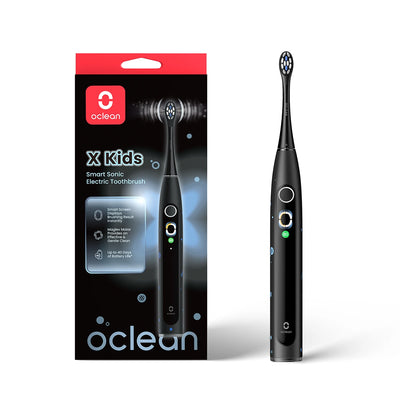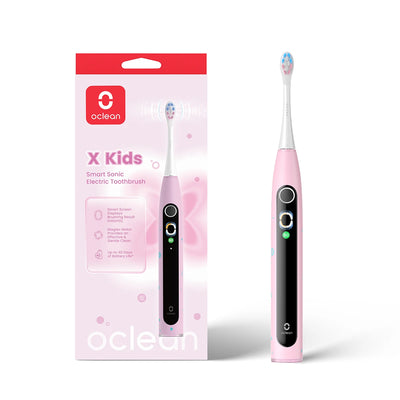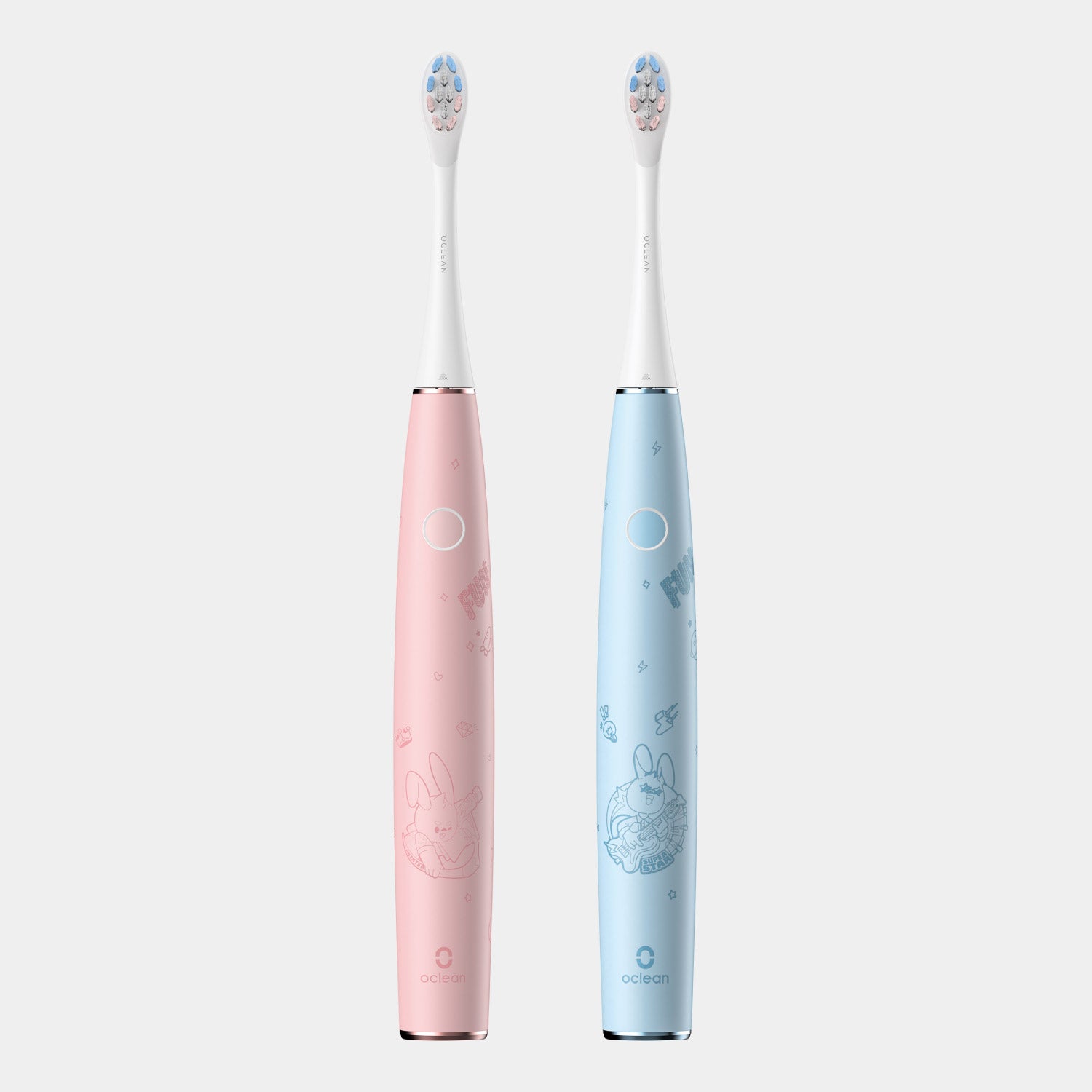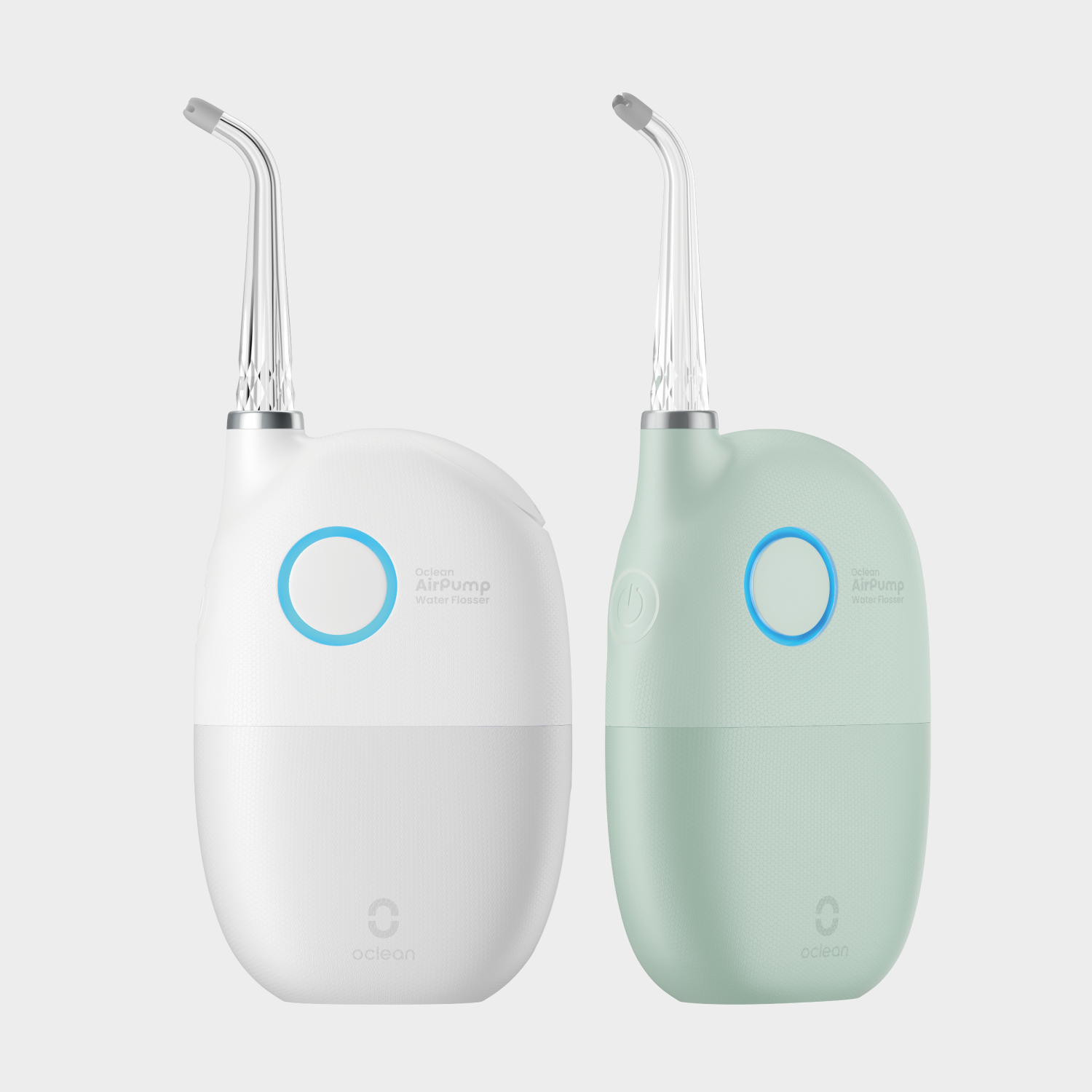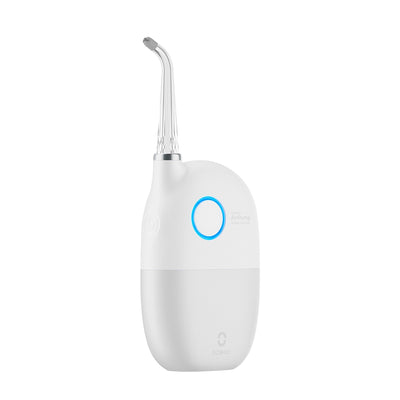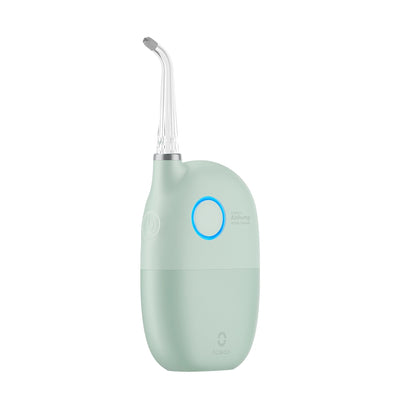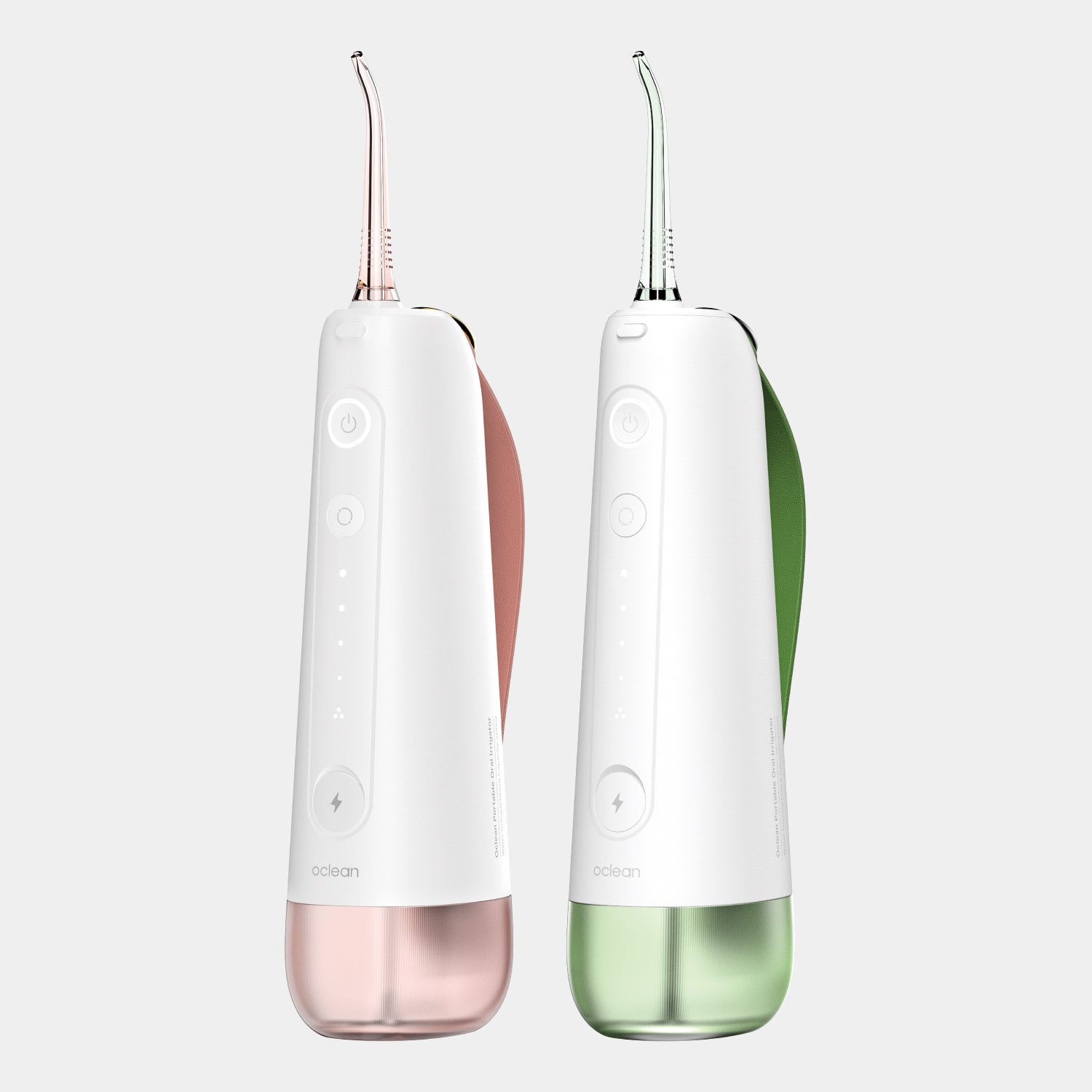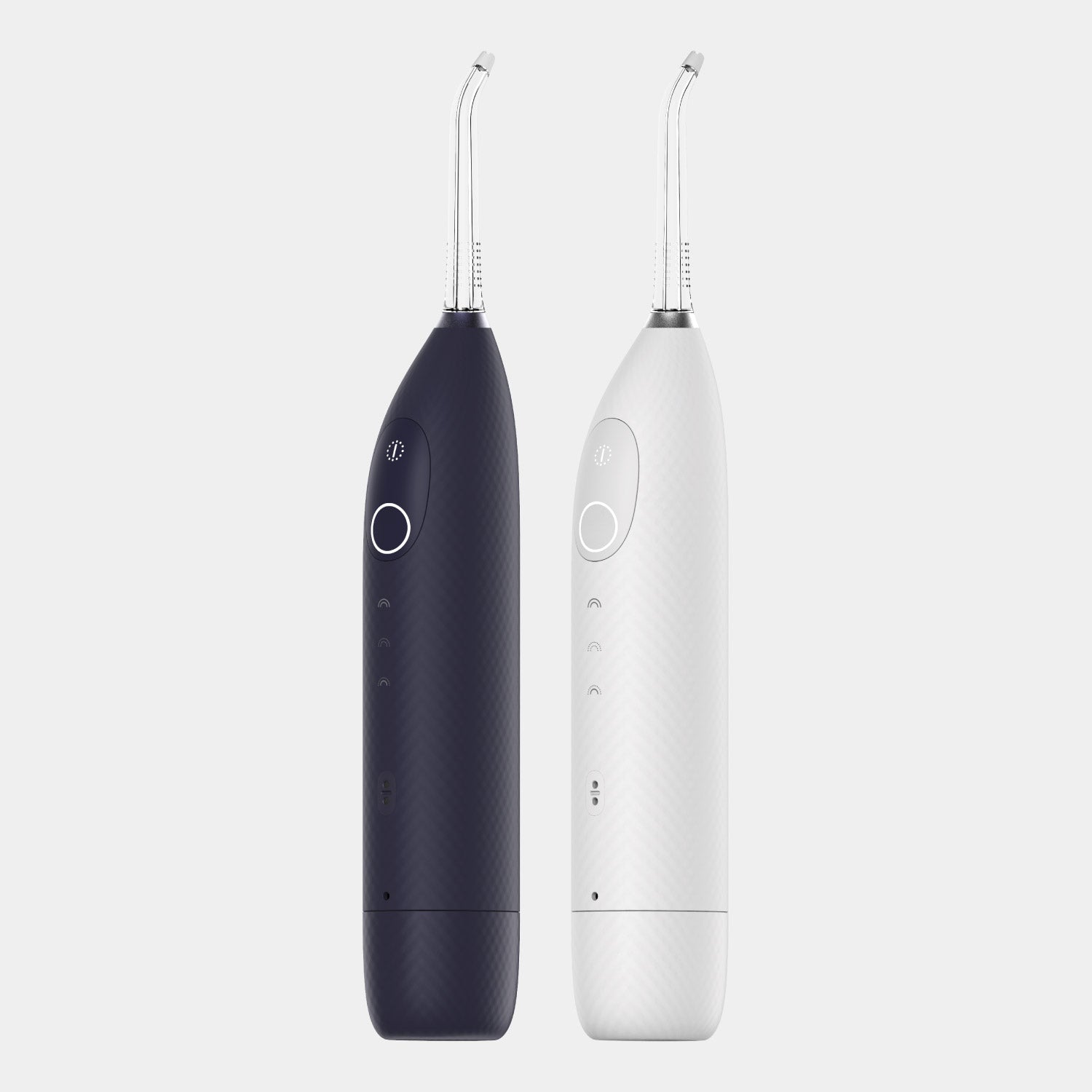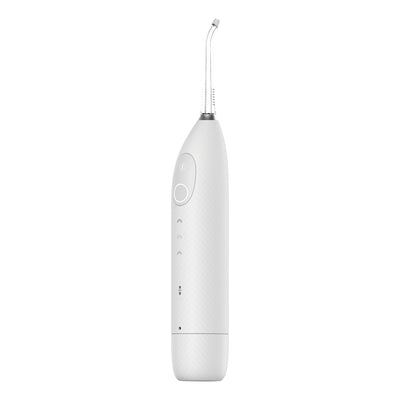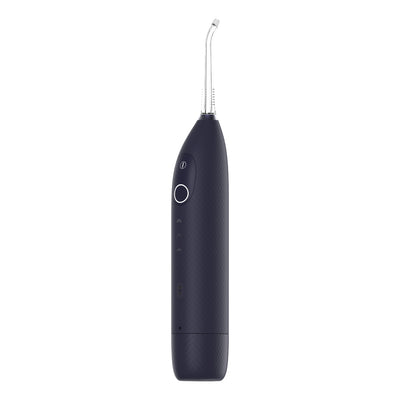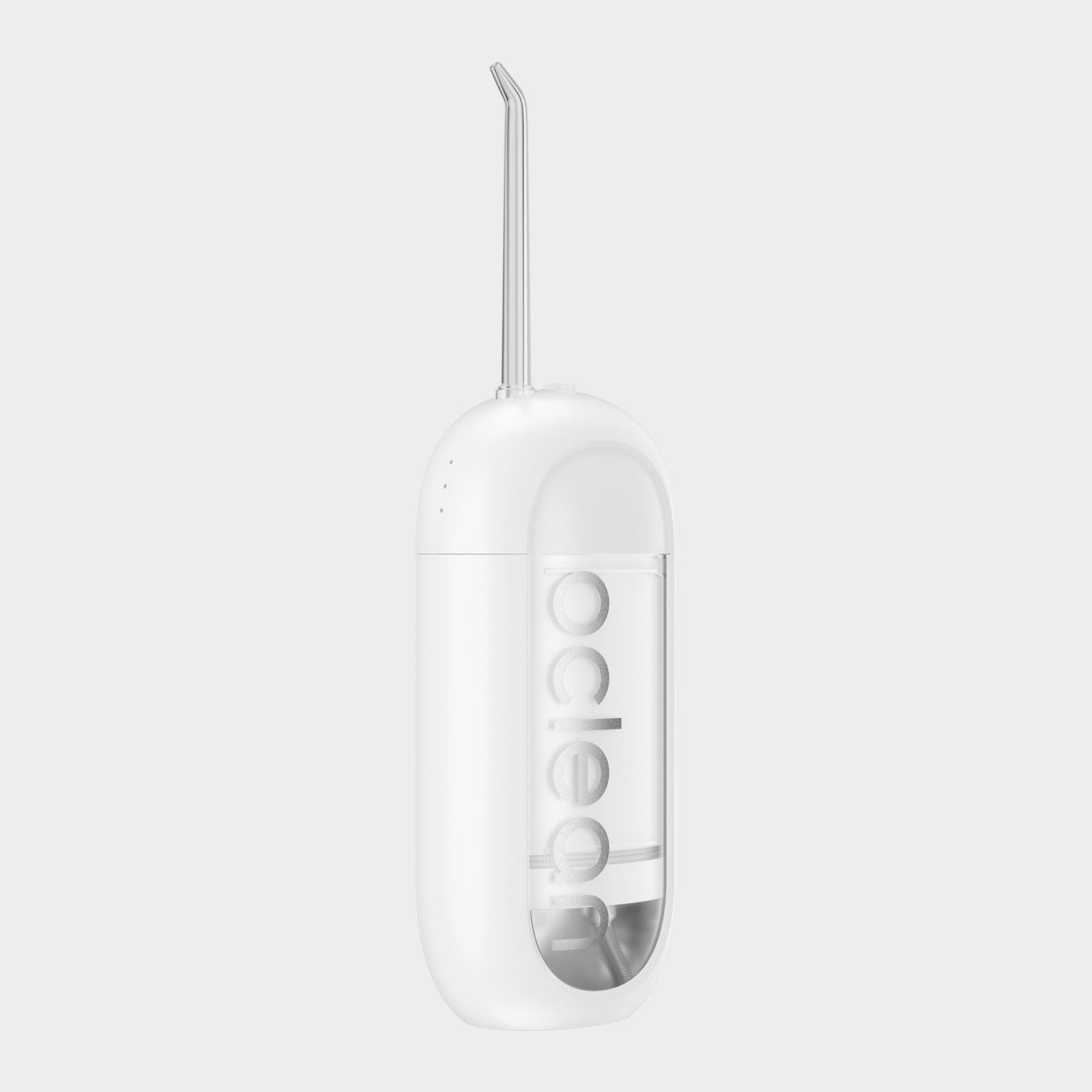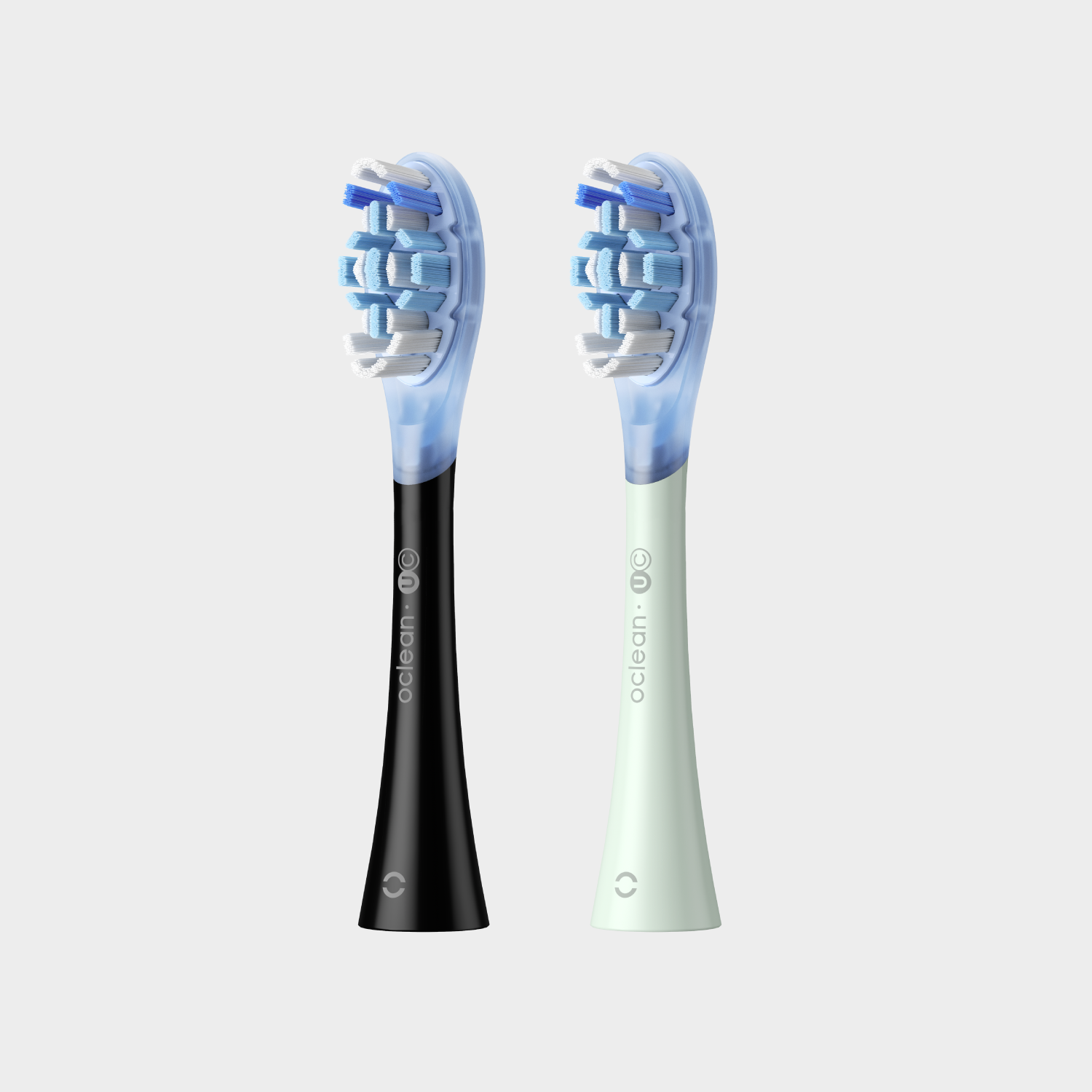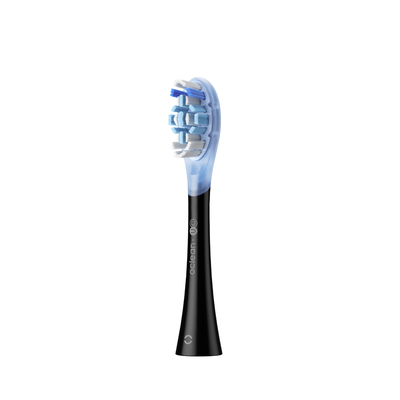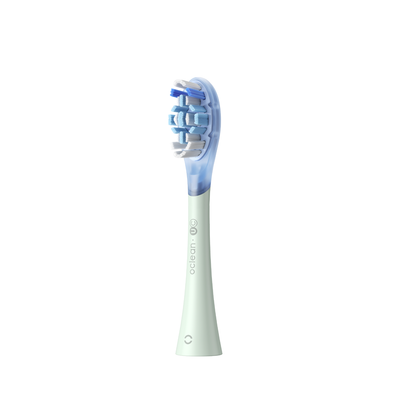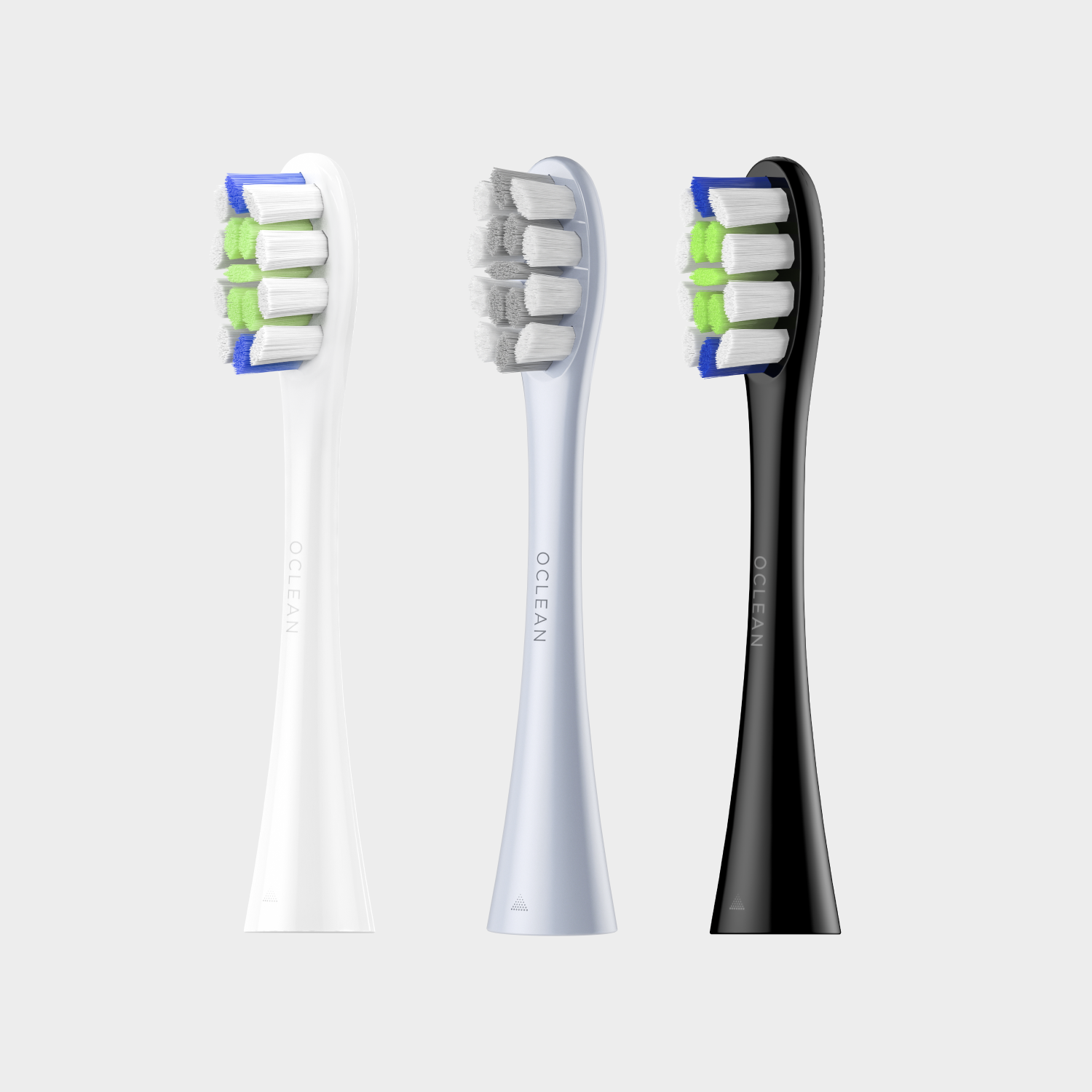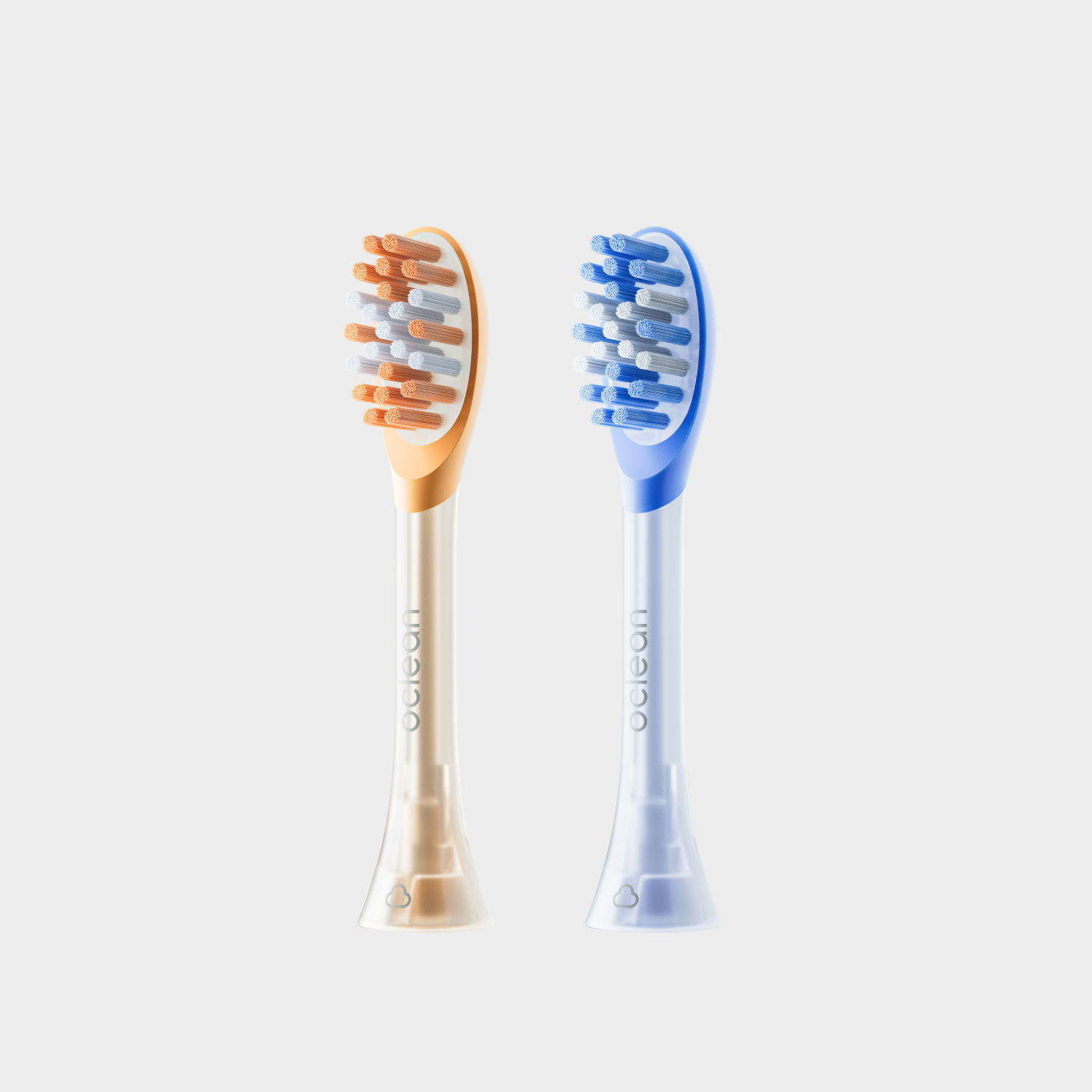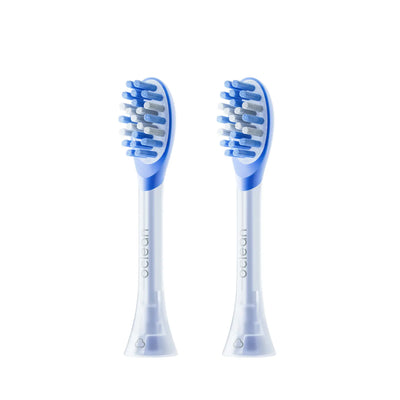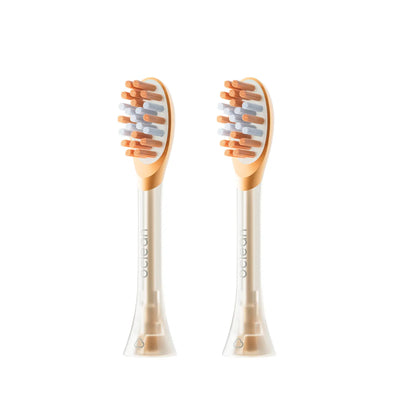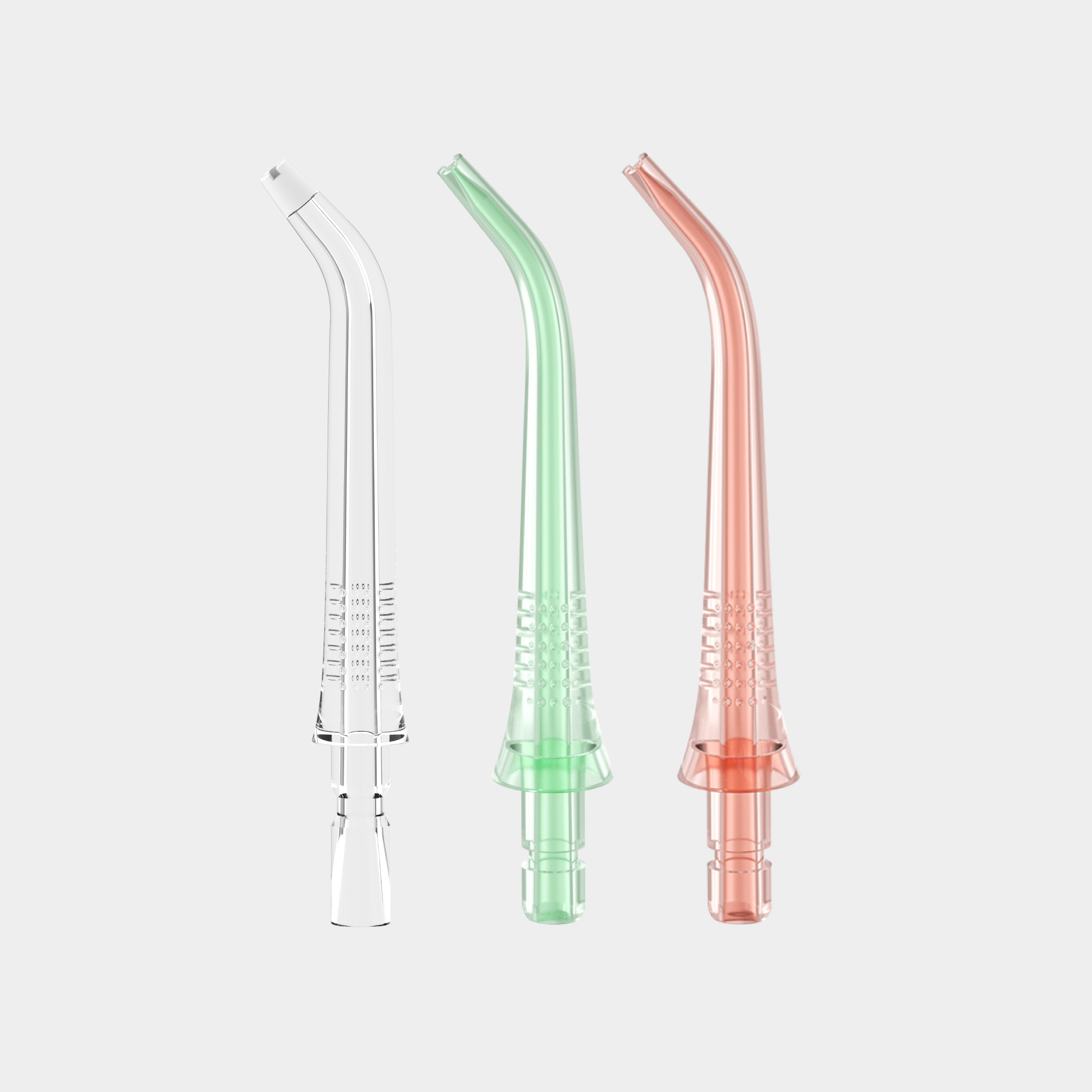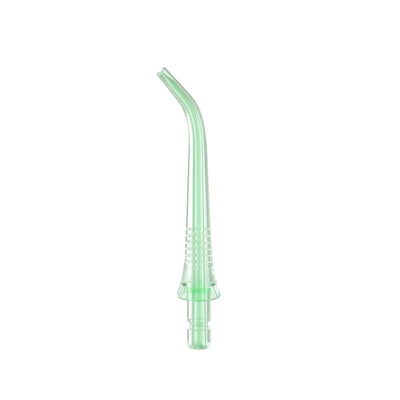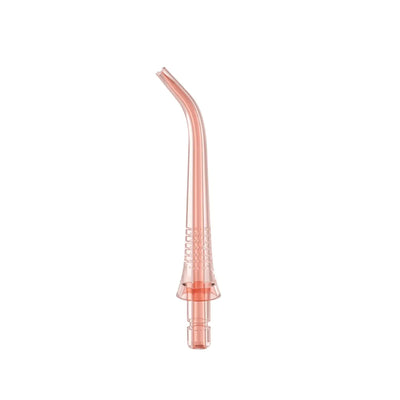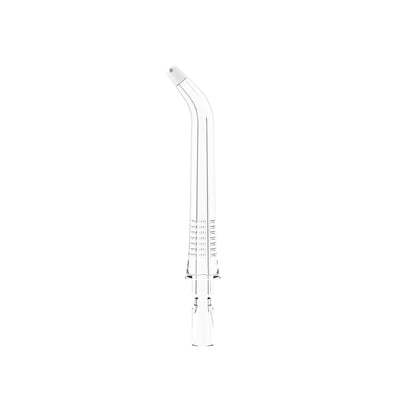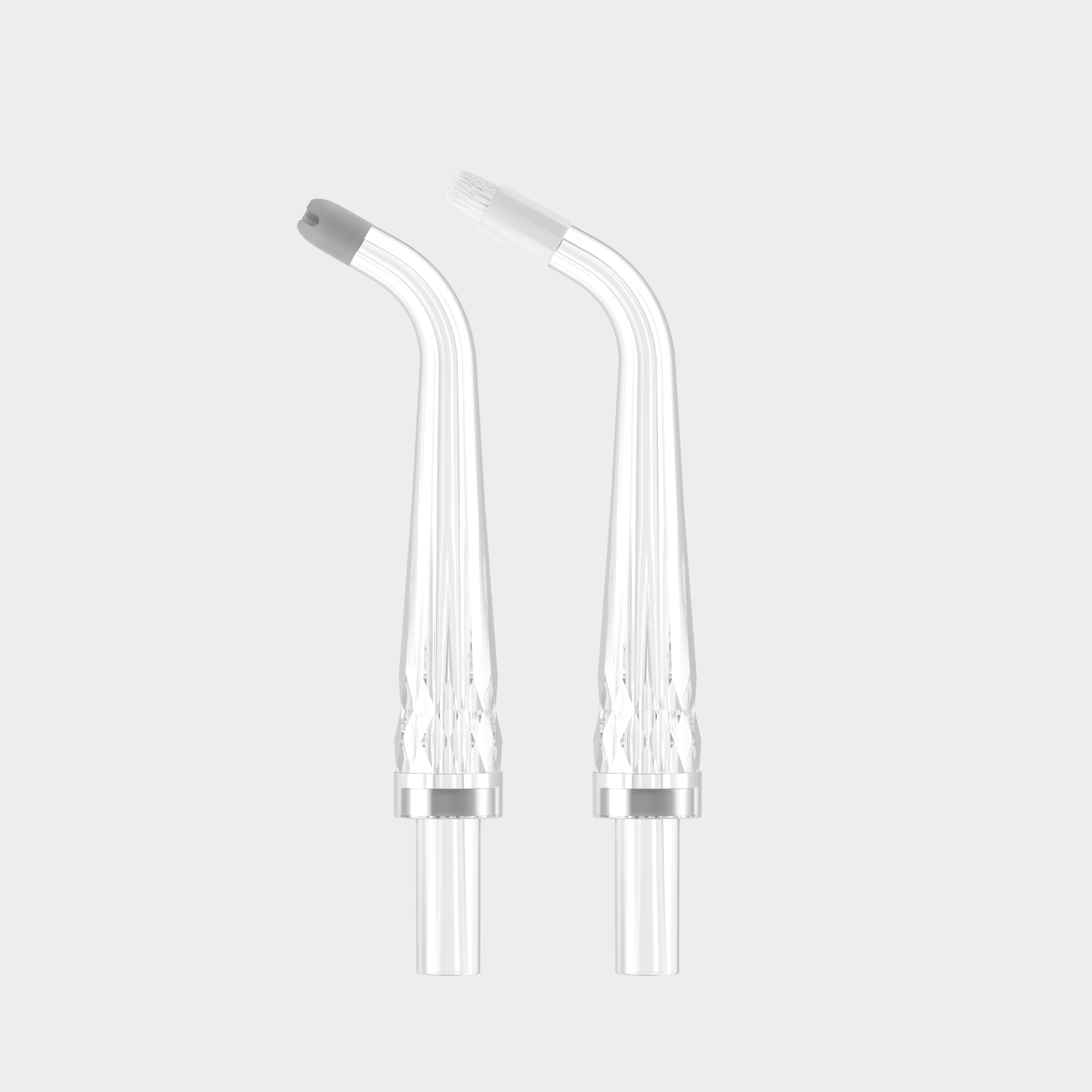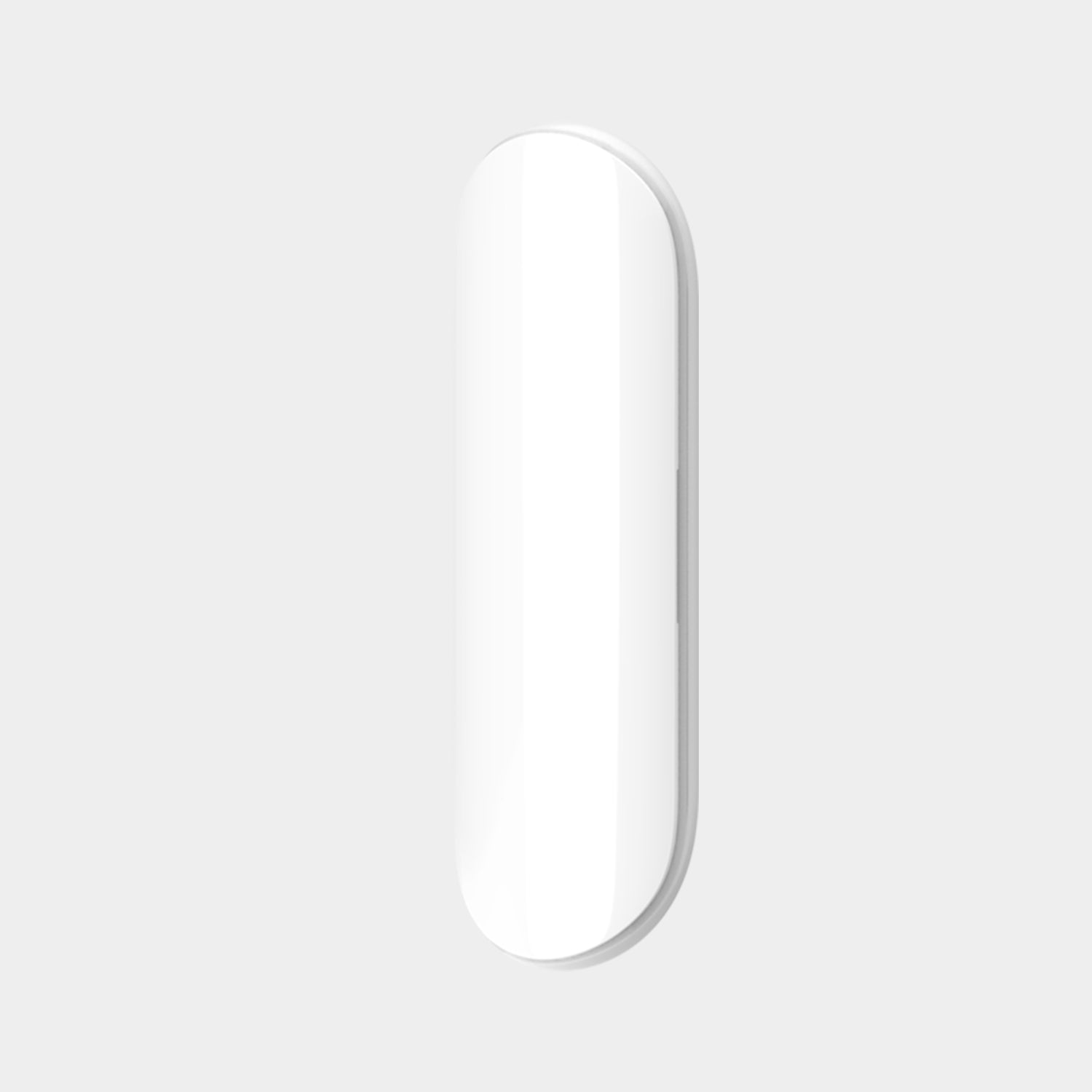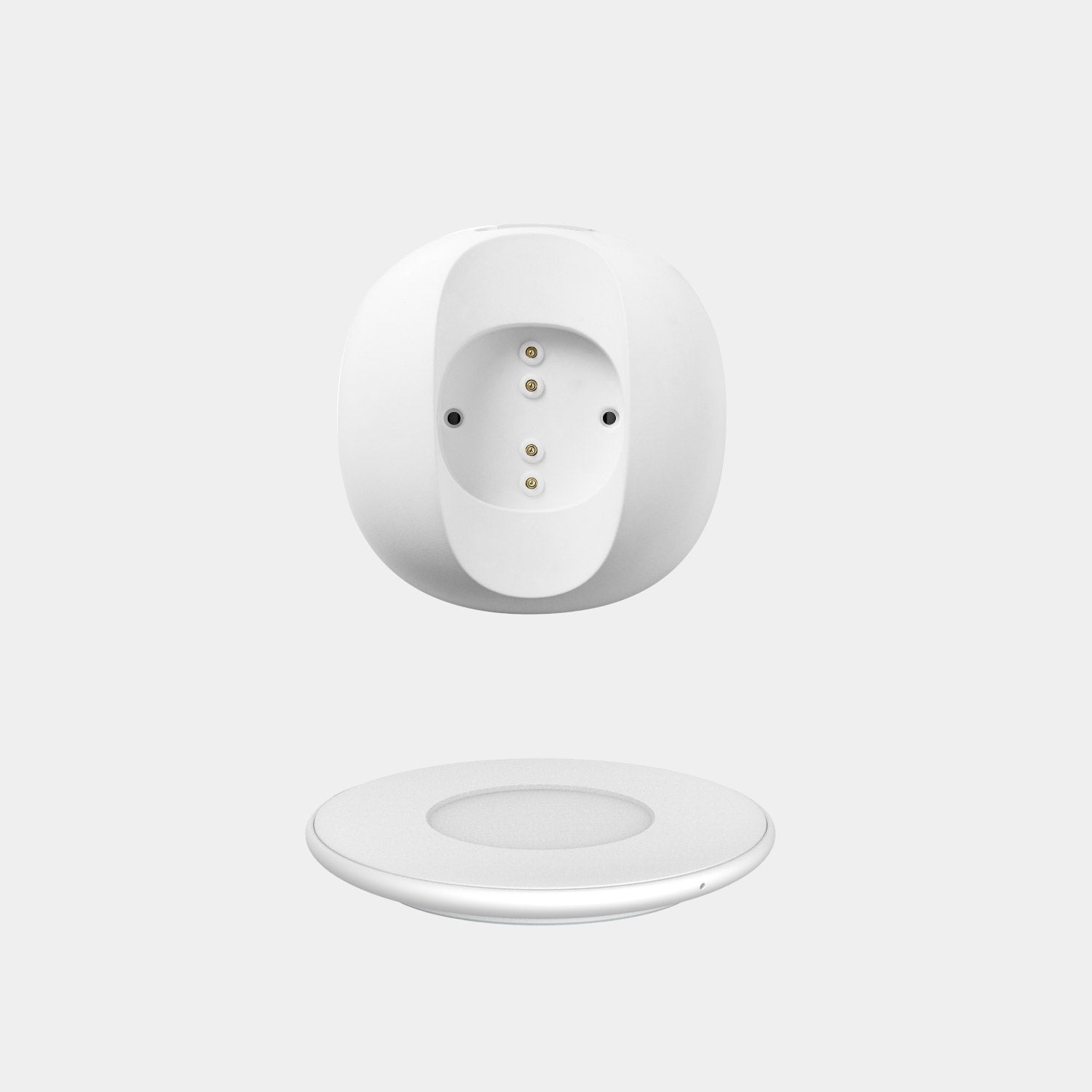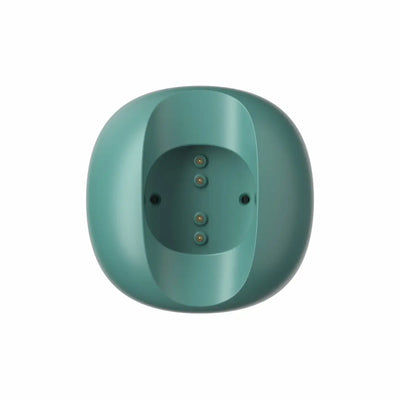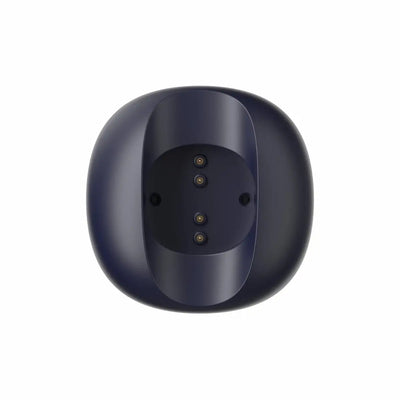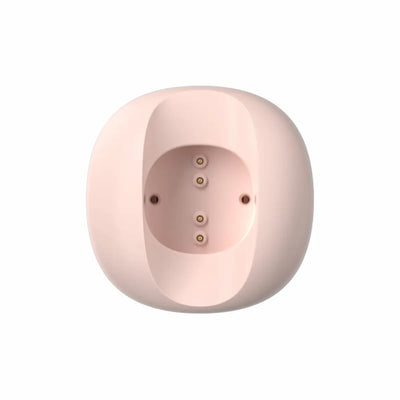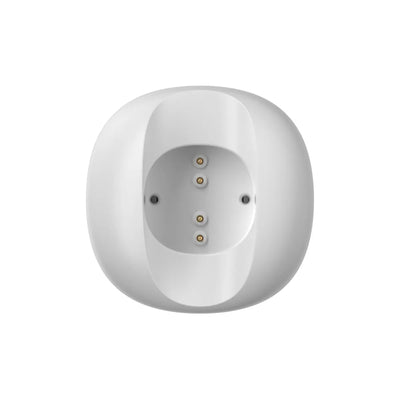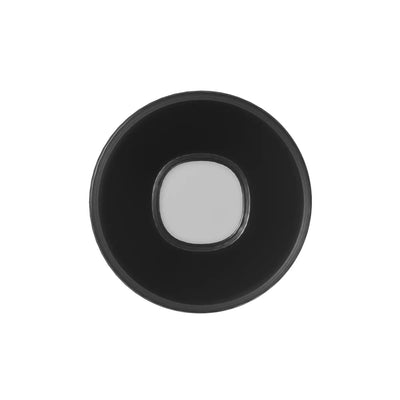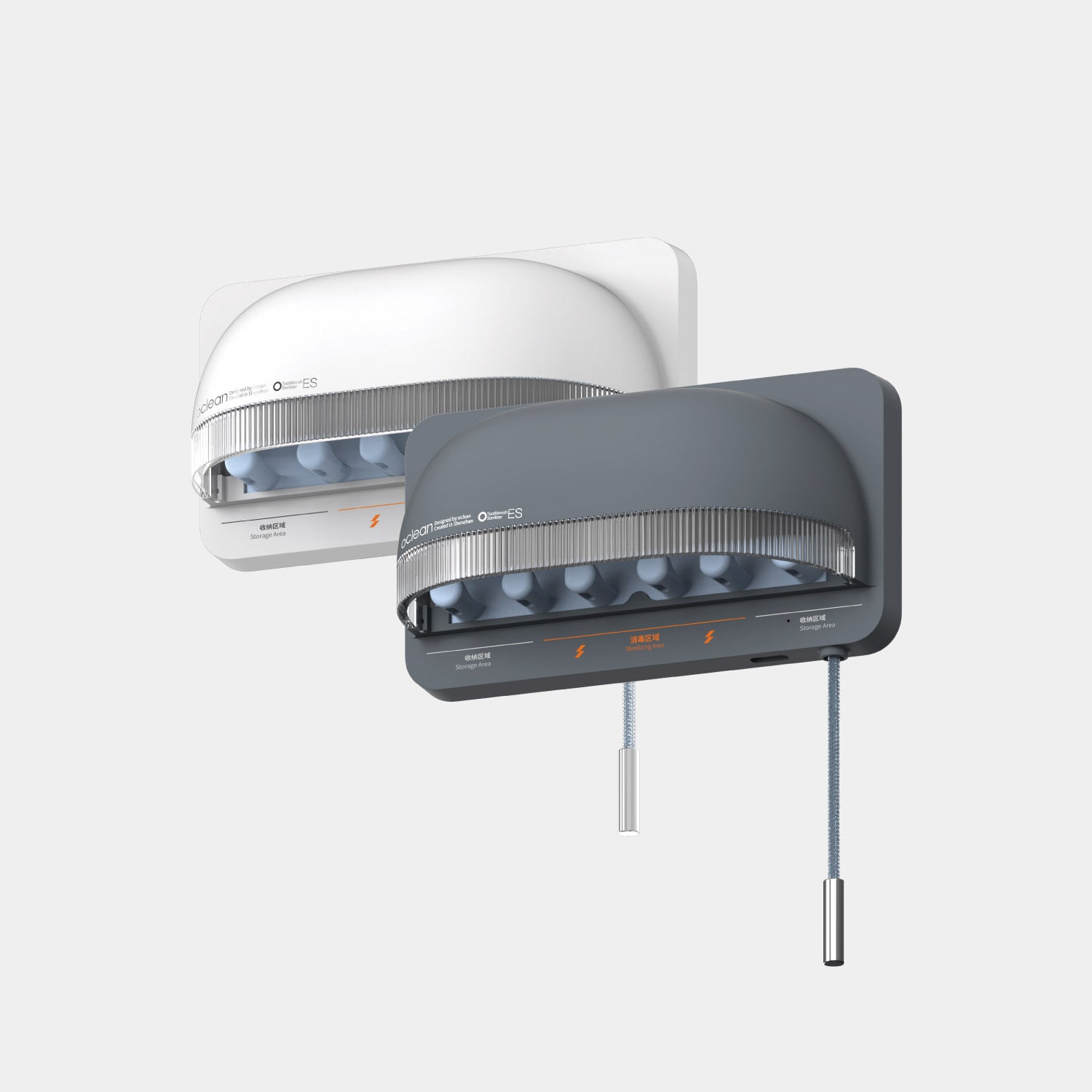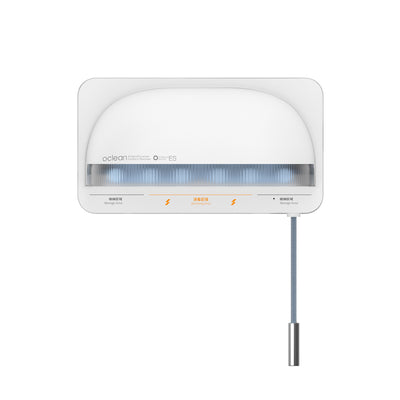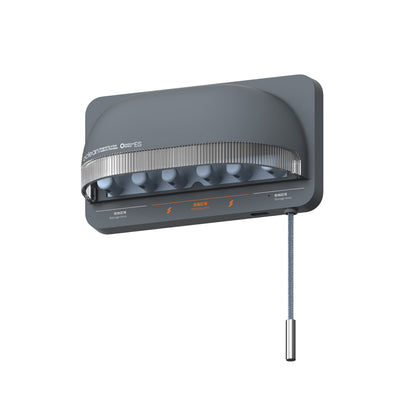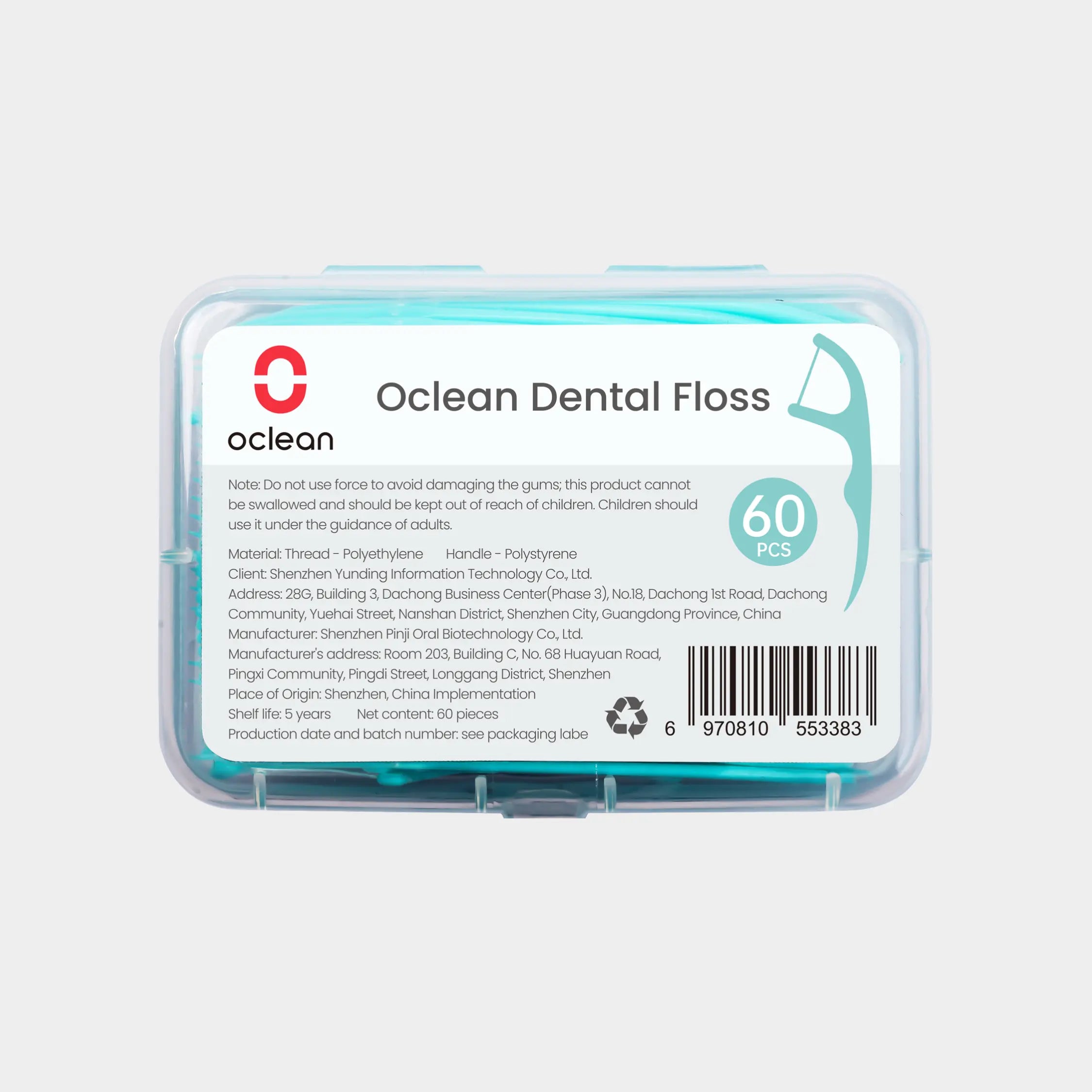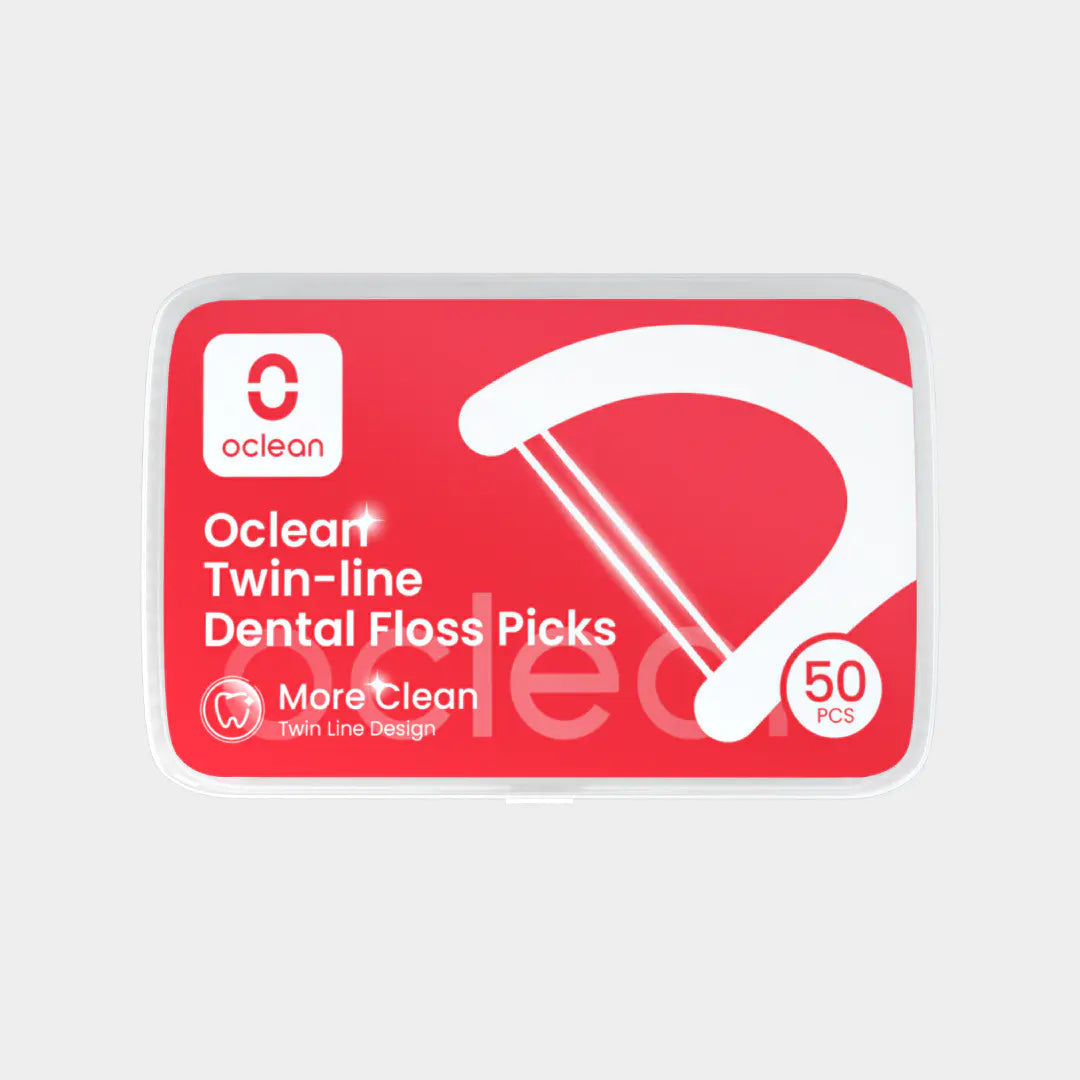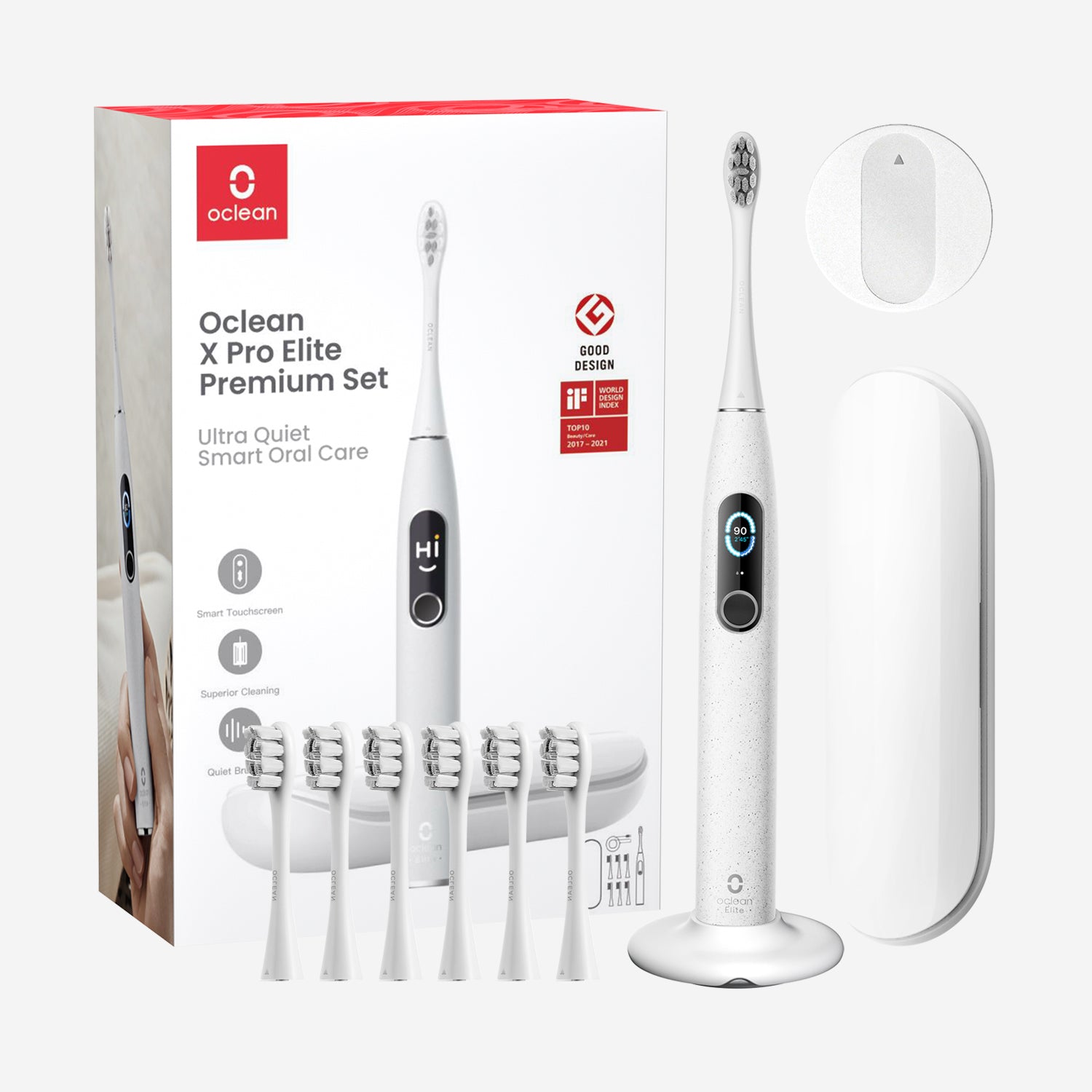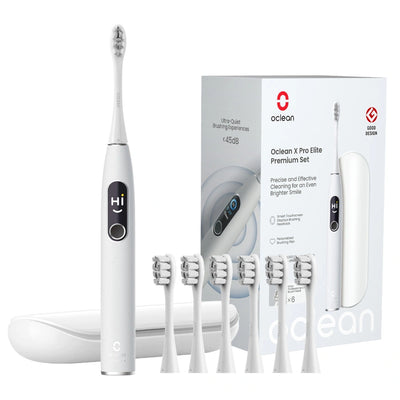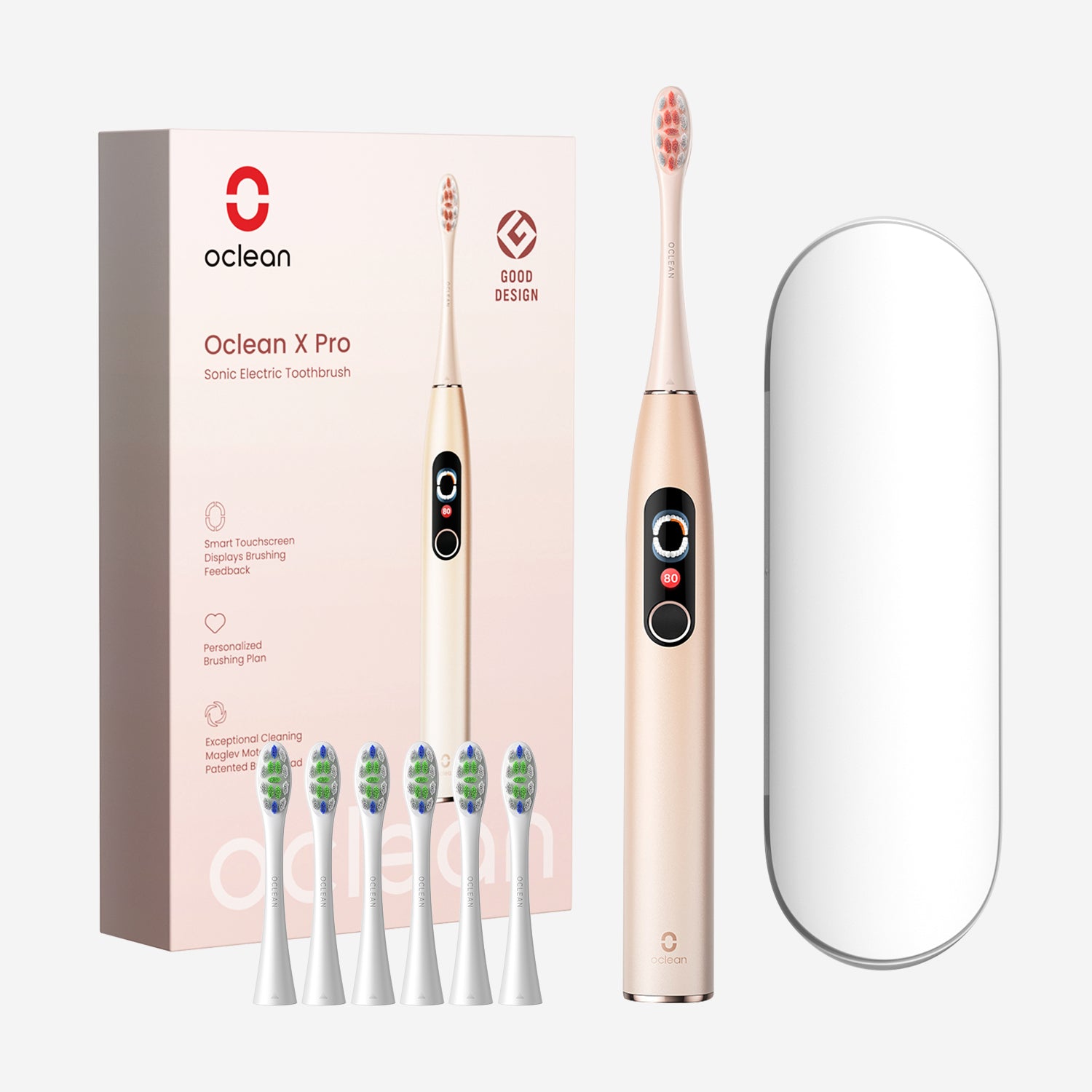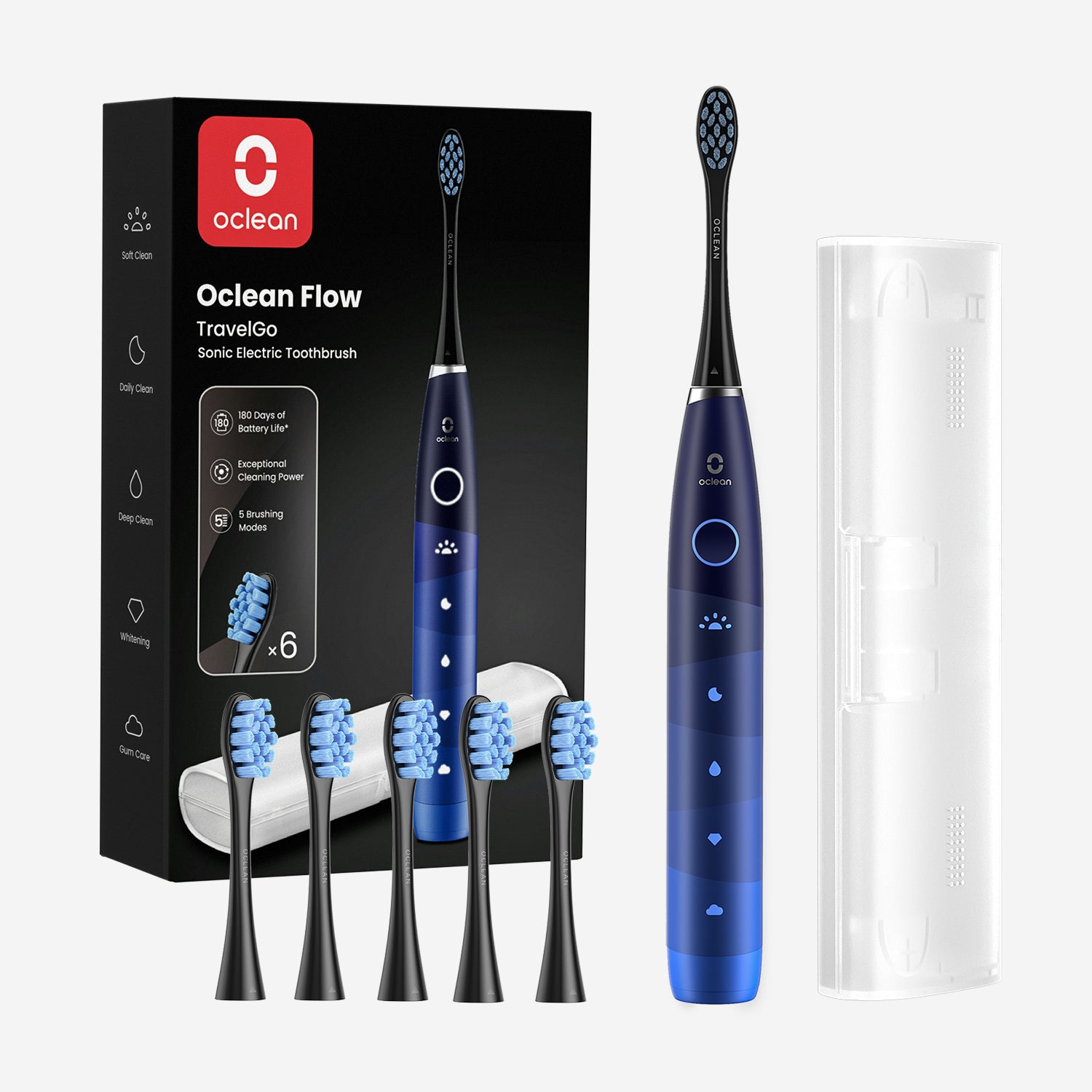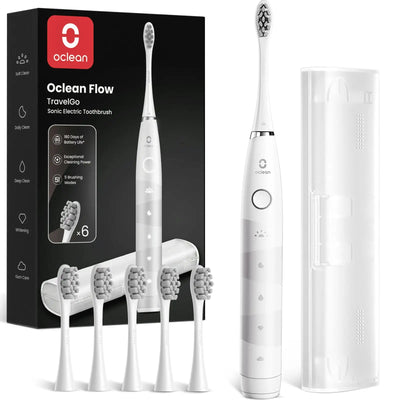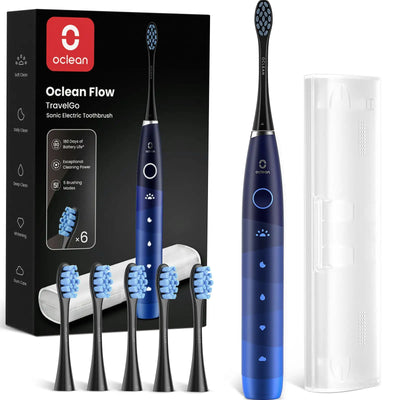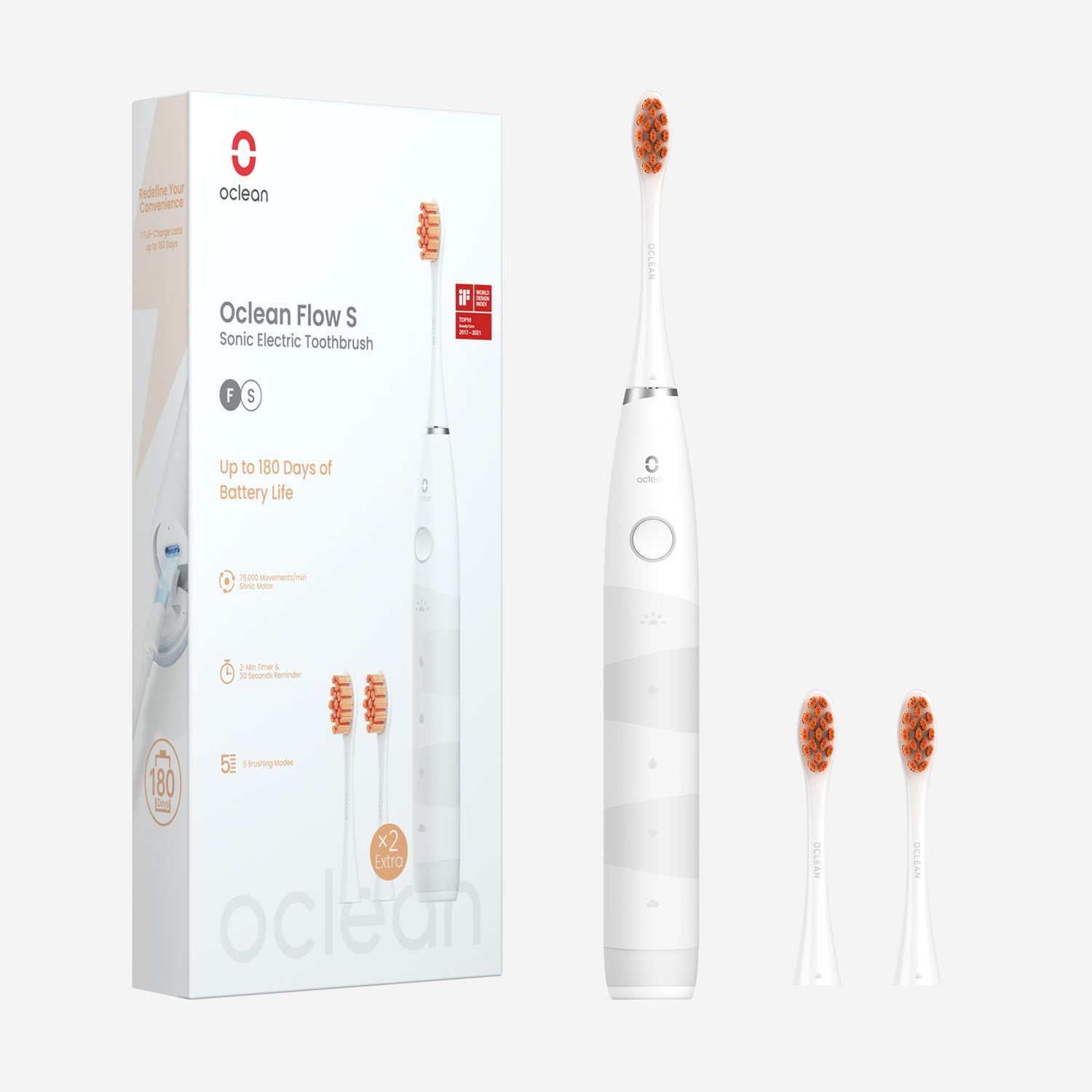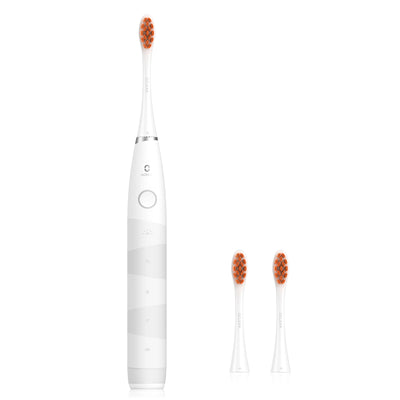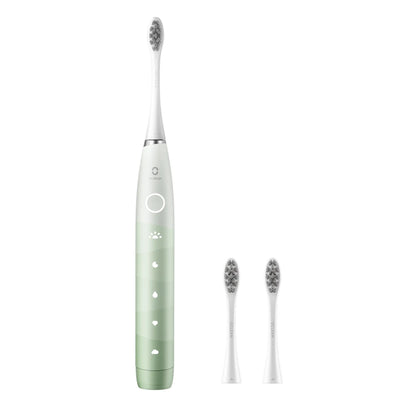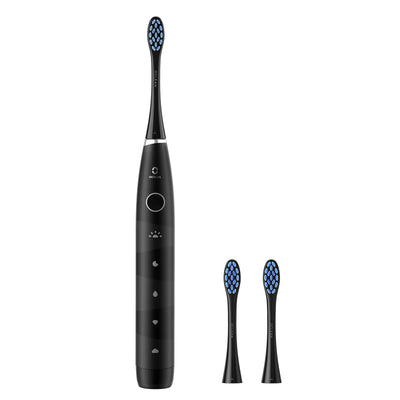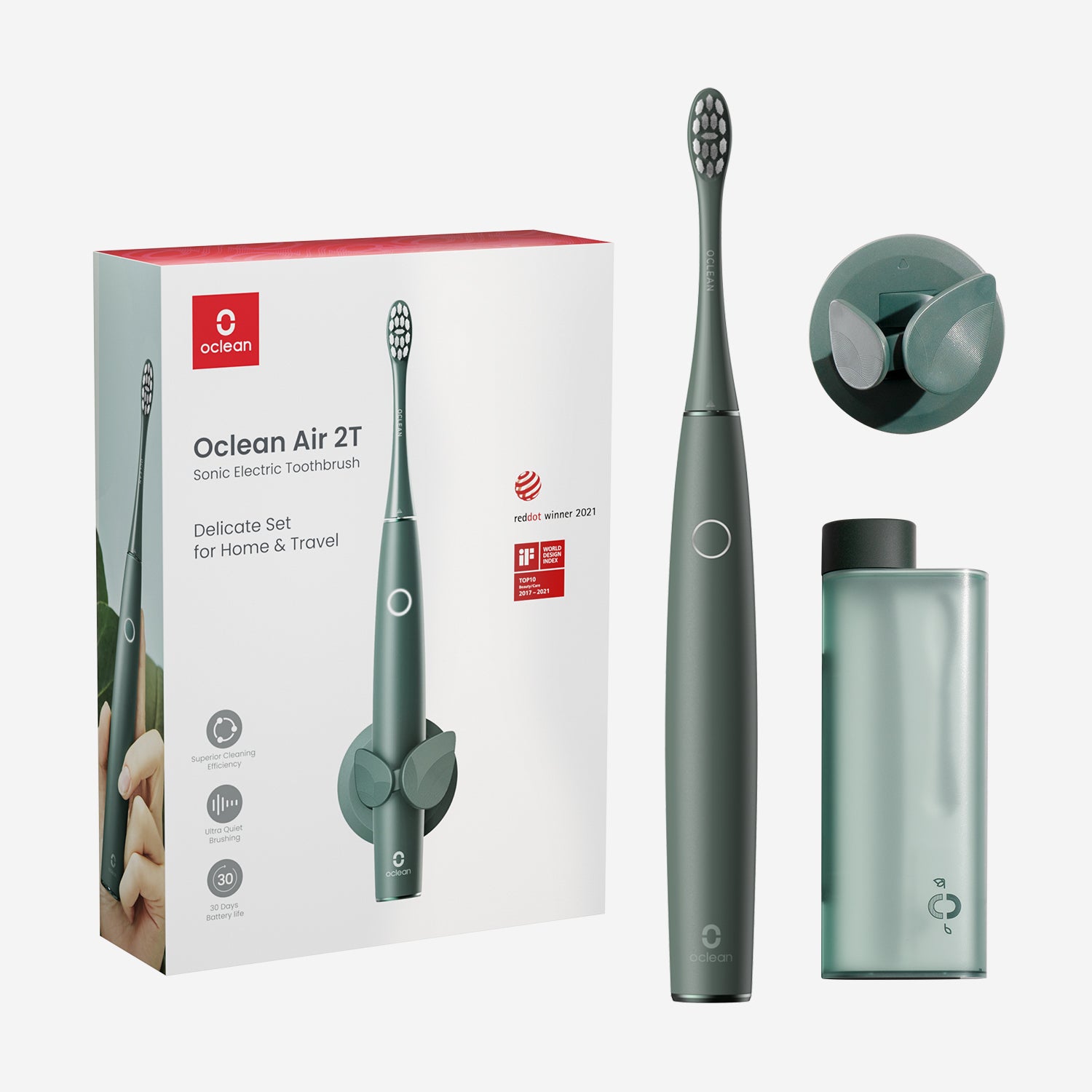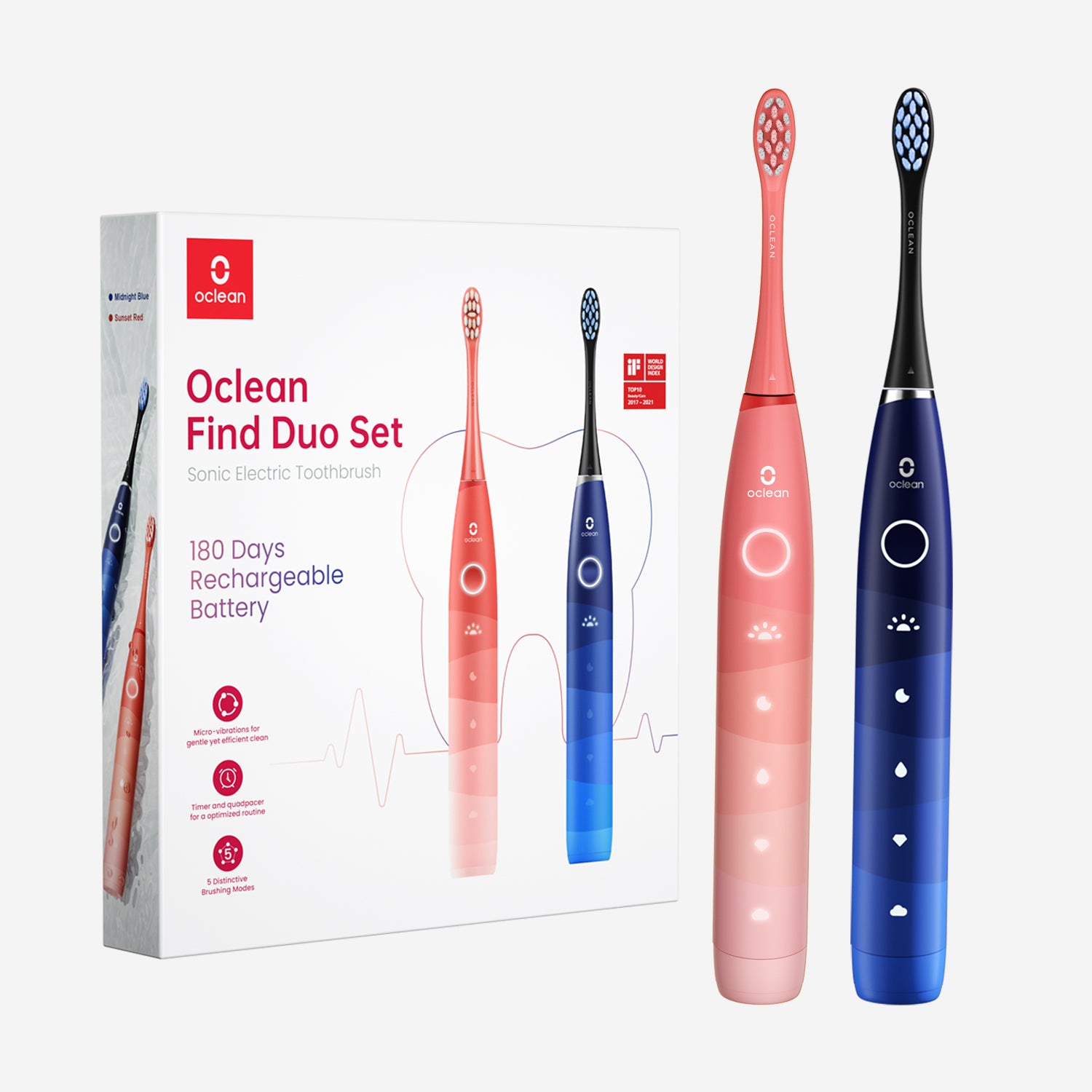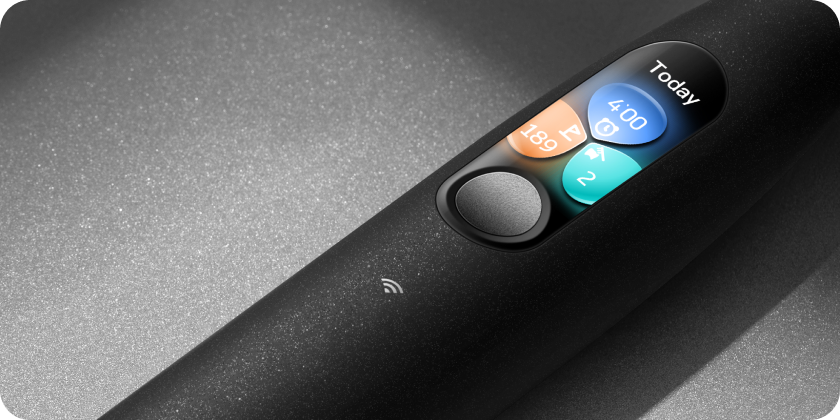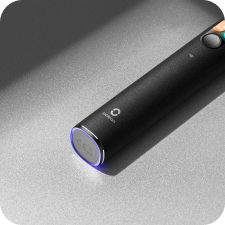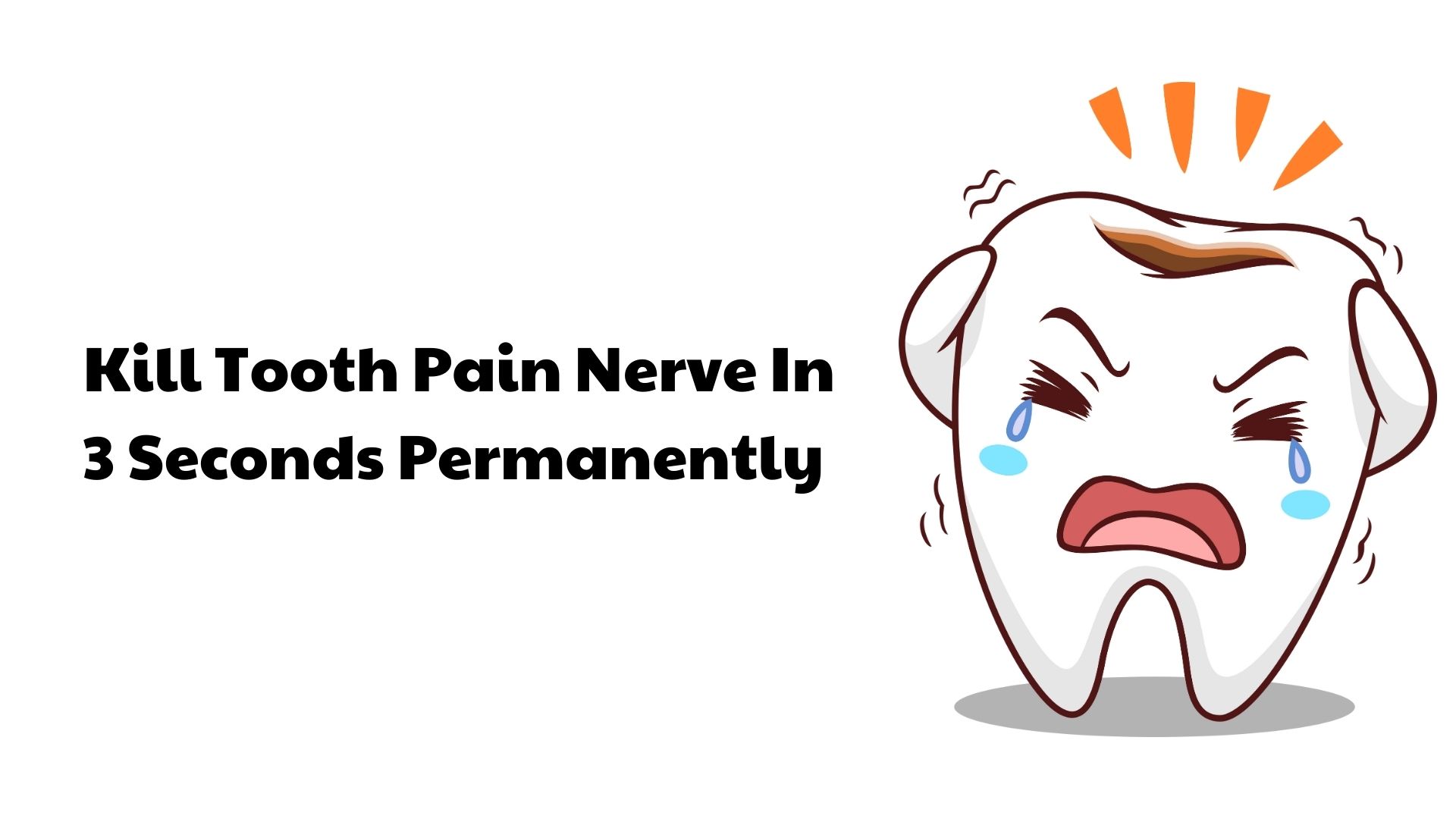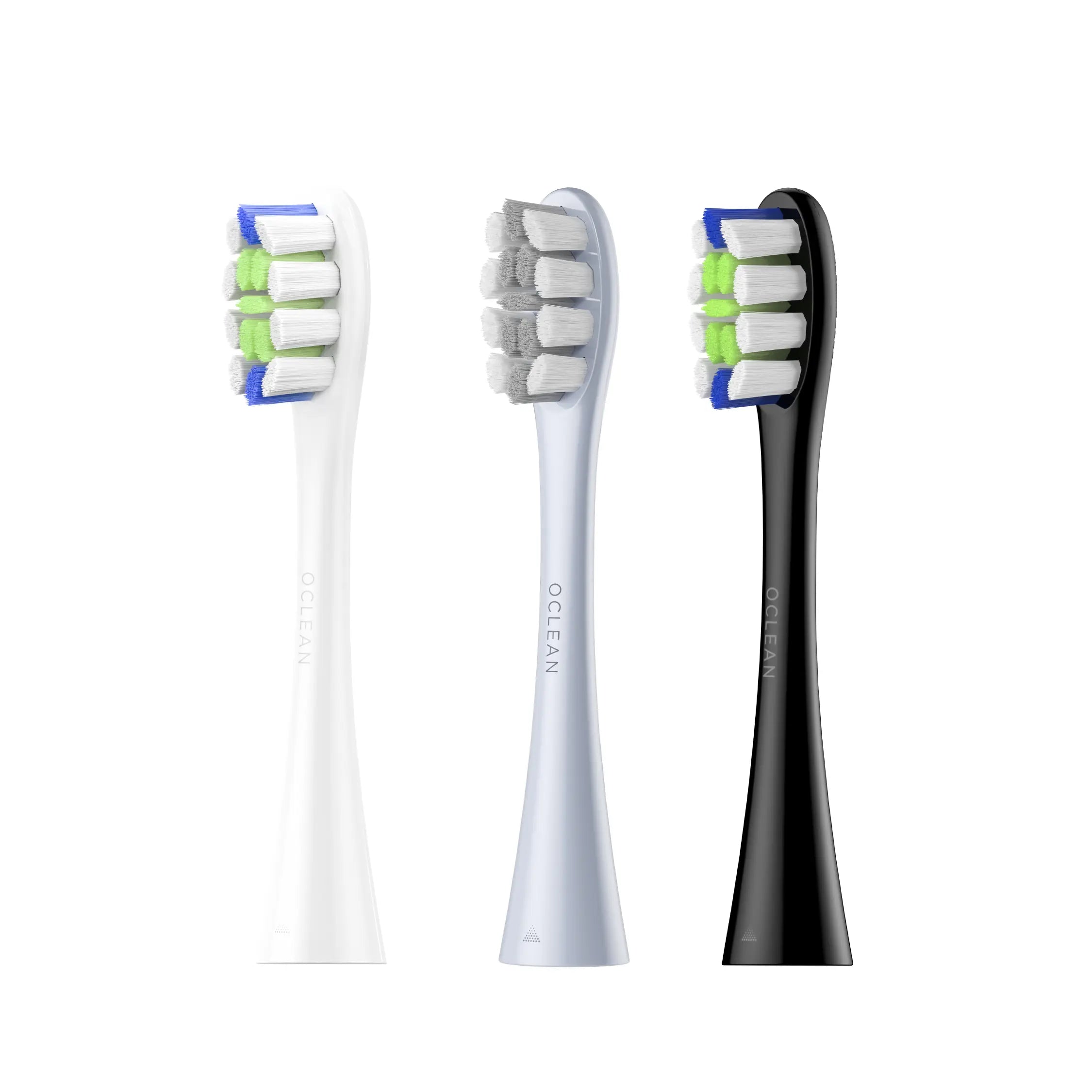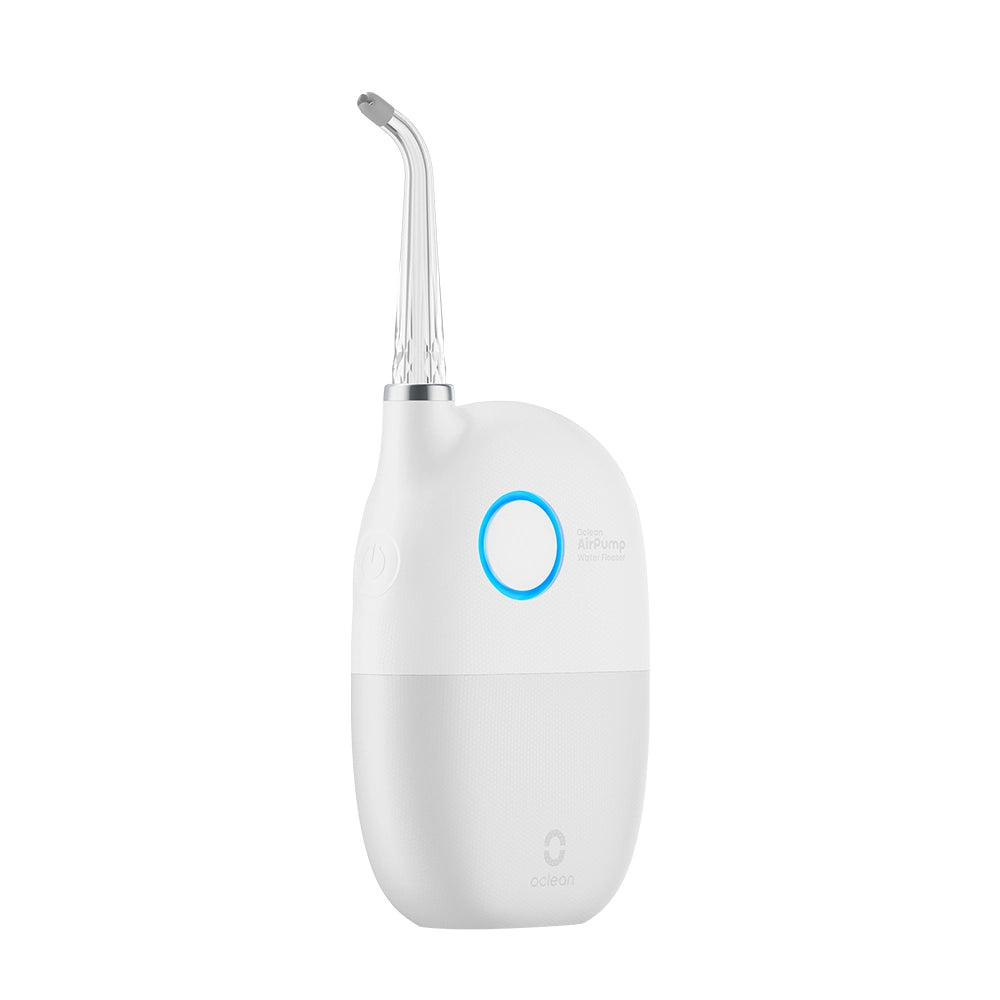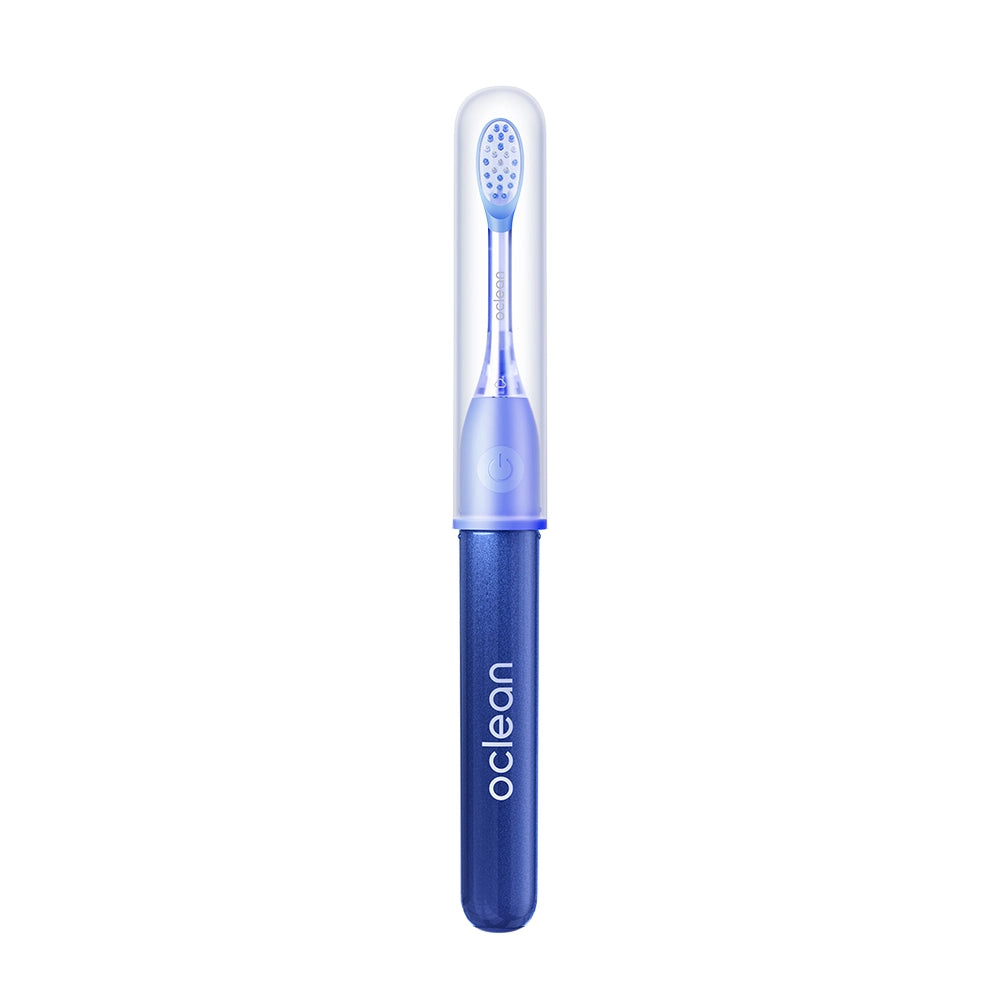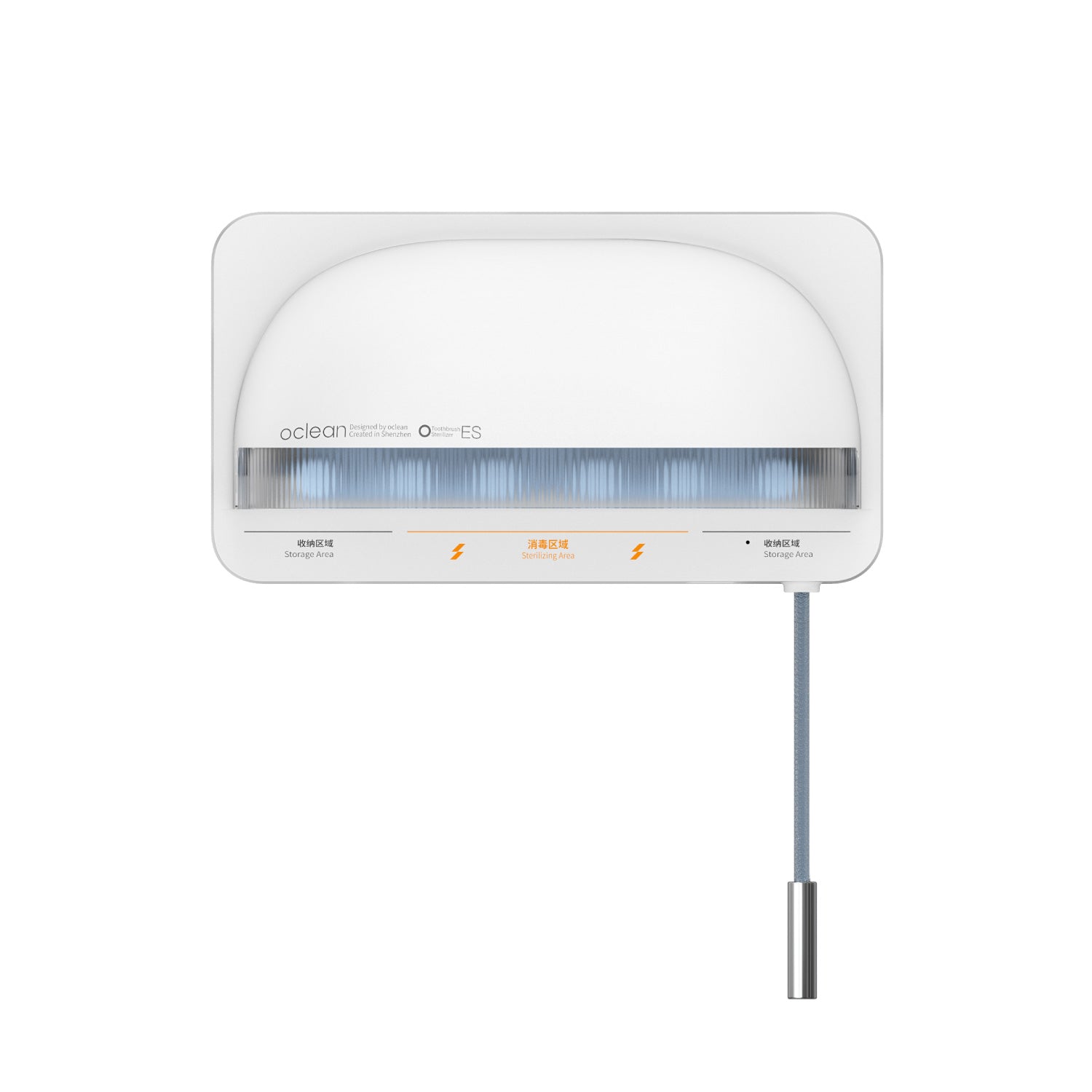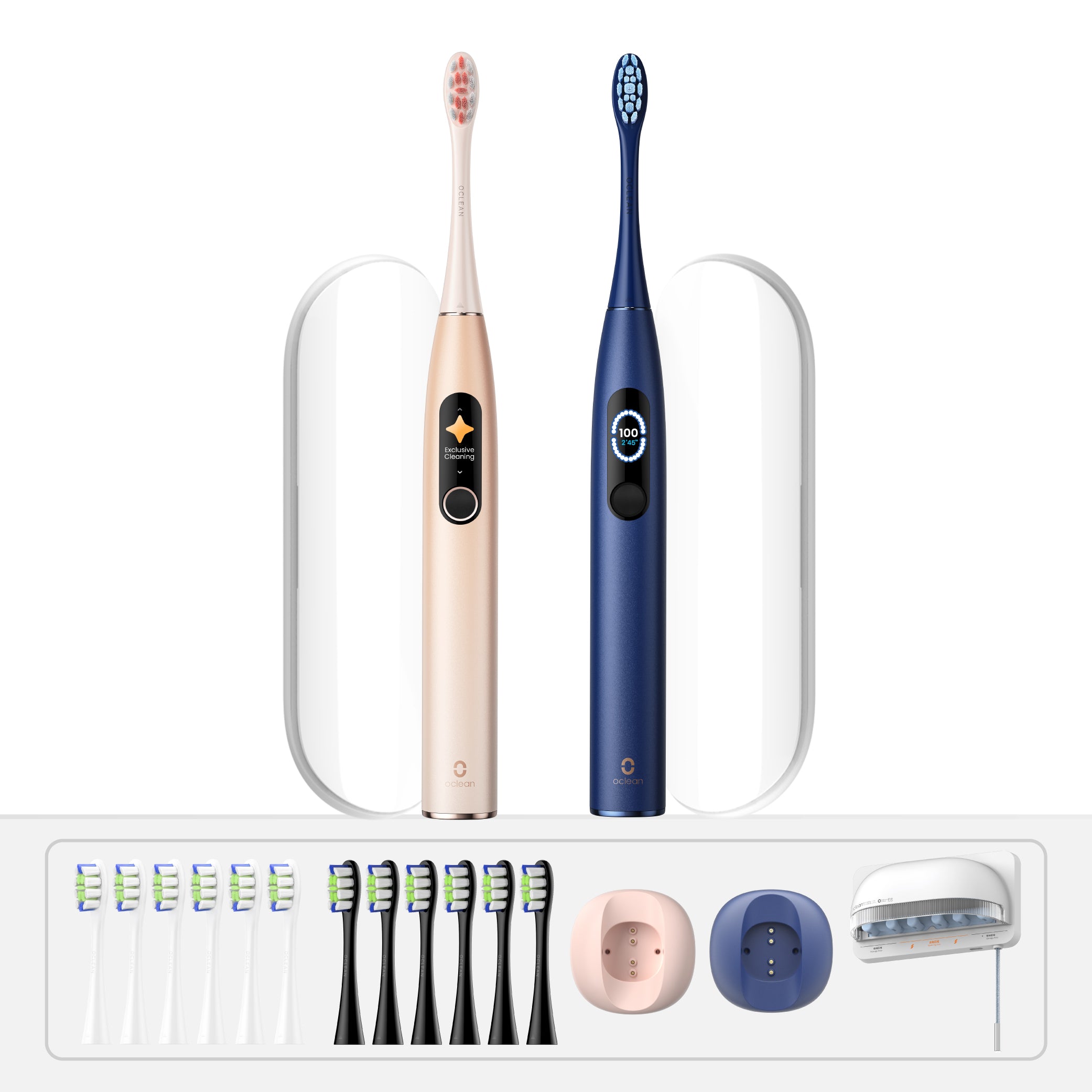Căutarea unui zâmbet mai strălucitor și mai alb este una comună. Mulți oameni caută modalități de a-și albi dinții acasă pentru a evita costurile și timpul asociate tratamentelor profesionale. Albirea dinților la domiciliu poate fi convenabilă și eficientă, dar este esențial să înțelegeți siguranța și eficacitatea metodelor utilizate. Fie că este vorba despre utilizarea unui gel de albire a dinților, benzi de albire sau tehnici naturale de albire a dinților, există numeroase opțiuni disponibile. Dar întrebarea rămâne: Albirea dinților la domiciliu este sigură?
Metode casnice de albire a dinților
Periajul cu bicarbonat de sodiu
Una dintre cele mai populare metode de albire a dinților la domiciliu implică periajul cu bicarbonat de sodiu. Bicarbonatul de sodiu are proprietăți naturale de albire și poate ajuta la îndepărtarea petelor de suprafață de pe dinți. Multe paste de dinți comerciale de albire a dinților includ bicarbonatul de sodiu ca ingredient-cheie. Atunci când este utilizat corect, bicarbonatul de sodiu poate face parte din cea mai bună rutină de albire a dinților făcută în casă. Este important să rețineți că, deși bicarbonatul de sodiu poate fi eficient, acesta trebuie utilizat cu moderație pentru a evita deteriorarea smalțului. Utilizarea excesivă poate duce la creșterea sensibilității și slăbirea dinților. Pentru a utiliza bicarbonatul de sodiu în siguranță, amestecați o cantitate mică cu apă pentru a crea o pastă și periați-vă dinții cu această pastă de două până la trei ori pe săptămână.
Consumul de căpșuni și ananas
Albirea naturală a dinților poate fi obținută și prin consumul anumitor fructe. Căpșunile conțin acid malic, care poate ajuta la îndepărtarea petelor de suprafață. Ananasul are o enzimă numită bromelaină care poate ajuta la albirea dinților. Deși aceste metode nu sunt la fel de puternice ca gelul de albire a dinților sau albirea dinților la domiciliu, ele pot contribui la un zâmbet mai strălucitor în timp. Încorporarea acestor fructe în dieta dvs. poate promova, de asemenea, sănătatea dentară generală, deoarece acestea conțin nutrienți benefici pentru dinți și gingii. Consumul regulat de căpșuni și ananas poate servi ca o modalitate delicioasă și naturală de a vă susține eforturile de albire a dinților.
Tragerea cu ulei
Extracția uleiului este o practică străveche care presupune învârtirea uleiului (de obicei ulei de nucă de cocos) în gură pentru a elimina bacteriile și placa bacteriană. Unii cred că poate ajuta și la albirea naturală a dinților. Deși dovezile științifice privind eficacitatea extracției de ulei pentru albire sunt limitate, aceasta este o metodă sigură de încercat alături de alte tratamente. Practicarea extracției de ulei poate îmbunătăți igiena orală și poate reduce cantitatea de placă bacteriană și bacterii care contribuie la decolorarea dinților. Pentru a practica oil pulling, luați o lingură de ulei de cocos și învârtiți-o în gură timp de 15-20 de minute înainte de a o scuipa.
Periajul și folosirea aței dentare
Menținerea unei rutine regulate de periaj și folosirea aței dentare este esențială pentru sănătatea dentară generală și poate ajuta la menținerea dinților albi. Folosirea aței dentare ajută la îndepărtarea plăcii bacteriene și a particulelor alimentare care pot duce la apariția petelor. Pentru o experiență de curățare îmbunătățită, utilizarea unei periuțe de dinți sonice poate face o diferență semnificativă. O periuță de dinți sonică poate ajunge în zone pe care o periuță de dinți obișnuită le-ar putea omite, asigurând o curățare mai completă și contribuind la menținerea unui zâmbet strălucitor. Periajul regulat și folosirea aței dentare sunt baza unei bune igiene orale și pot preveni apariția petelor.
Folosirea unei periuțe de dinți sonice albește dinții?
O periuță de dinți sonică poate fi un instrument puternic în arsenalul dvs. de albire a dinților. Deși este posibil să nu albească direct dinții, vibrațiile sale de înaltă frecvență pot îndepărta mai multă placă și pete decât o periuță de dinți manuală. Acest lucru o face o completare excelentă a altor metode de albire, cum ar fi gelul de albire a dinților sau benzile de albire. Utilizarea unei periuțe de dinți sonice precum Oclean Flow asigură curățarea completă a dinților, sporind eficiența produselor de albire și contribuind la menținerea unui zâmbet strălucitor și radiant. Tehnologia avansată a unei periuțe de dinți sonice permite o curățare mai profundă, ceea ce poate duce la o îndepărtare mai eficientă a petelor de suprafață și la o gură mai curată în general. Combinația dintre periajul regulat cu o periuță de dinți sonică și utilizarea produselor de albire poate duce la îmbunătățiri semnificative ale strălucirii zâmbetului dumneavoastră.
Produse de albire și pastă de dinți pentru albirea dinților
Există numeroase produse fără prescripție medicală concepute pentru albirea dinților la domiciliu. Gelul de albire a dinților, benzile de albire pentru dinți și pasta de dinți de albire a dinților sunt unele dintre cele mai comune opțiuni. Aceste produse conțin diferite niveluri de peroxid de hidrogen sau peroxid de carbamidă, care albesc dinții pentru a îndepărta petele.
Gel de albire a dinților
Gelul de albire a dinților se aplică direct pe dinți, adesea cu o periuță mică sau în tăvițe care se potrivesc pe dinți. Aceste geluri pot oferi efecte semnificative de albire, în special atunci când sunt utilizate în mod constant în timp. Concentrația ingredientelor active din aceste geluri poate varia, astfel încât este important să urmați instrucțiunile cu atenție pentru a evita efectele adverse precum sensibilitatea dinților sau iritarea gingiilor. Utilizarea unui gel de albire a dinților conform instrucțiunilor poate duce la o îmbunătățire vizibilă a culorii dinților, ceea ce îl face o alegere populară pentru albirea la domiciliu.
Benzi de albire pentru dinți
Benzile de albire sunt o altă opțiune populară. Aceste benzi sunt acoperite cu un gel pe bază de peroxid și sunt aplicate pe dinți pentru o perioadă determinată. Acestea sunt convenabile și pot produce rezultate vizibile în câteva zile sau săptămâni. Cu toate acestea, eficacitatea benzilor de albire poate varia în funcție de concentrația agentului de albire și de durata de utilizare. Este esențial să utilizați aceste produse conform instrucțiunilor pentru a evita deteriorarea smalțului. Benzile de albire sunt ușor de utilizat și se pot integra în rutina zilnică, ceea ce le face o alegere convenabilă pentru multe persoane care doresc să își albească dinții la domiciliu. Rezultatele obținute în urma utilizării benzilor de albire pot fi destul de impresionante, în special atunci când sunt utilizate în mod constant pe o perioadă de timp.
Pastă de dinți pentru albirea dinților
Pasta de dinți special formulată pentru albirea dinților poate ajuta la îndepărtarea petelor de suprafață și la prevenirea formării altora noi. Deși s-ar putea să nu fie la fel de eficiente ca gelul de albire a dinților sau benzile de albire, acestea sunt o modalitate ușoară de a menține un zâmbet strălucitor cu un efort minim. Aceste paste de dinți conțin adesea abrazivi ușori și agenți de lustruire care ajută la îndepărtarea petelor fără a afecta dinții. Utilizarea regulată a pastei de dinți pentru albire poate ajuta la menținerea rezultatelor obținute prin alte metode de albire și poate preveni formarea de noi pete.
Metode neprobate - evitați-le!
Deși există multe metode eficiente de albire a dinților la domiciliu, există și câteva tehnici neprobate sau nesigure care ar trebui evitate. Acestea includ utilizarea înălbitorului de uz casnic, a sucului de lămâie sau a altor substanțe acide care pot deteriora smalțul și pot duce la creșterea sensibilității și la alte probleme dentare. Optați întotdeauna pentru metode care s-au dovedit a fi sigure și eficiente. Utilizarea substanțelor chimice dure sau a materialelor abrazive poate face mai mult rău decât bine, ducând la probleme dentare pe termen lung care pot fi costisitoare de rezolvat. Este important să cercetați temeinic orice metodă de albire la domiciliu și să consultați un medic dentist dacă aveți îndoieli cu privire la siguranța acesteia.
Albirea dinților la dentist
Pentru cei care caută rezultate mai spectaculoase, albirea profesională a dinților la cabinetul dentistului este cea mai bună modalitate de albire a dinților. Dentiștii folosesc agenți de albire mai puternici și tehnici avansate pentru a obține o albire semnificativă într-un timp scurt. Deși sunt mai scumpe, rezultatele sunt adesea mai rapide și mai pronunțate decât metodele de albire a dinților la domiciliu.
Albire profesională
Tratamentele profesionale de albire sunt personalizate în funcție de nevoile individuale și pot oferi rezultate care durează mai mult decât produsele eliberate fără rețetă. Dentiștii se pot asigura, de asemenea, că procesul de albire este sigur și nu dăunează dinților sau gingiilor. Aceste tratamente implică adesea utilizarea unor agenți de albire cu concentrație ridicată, care sunt aplicați cu atenție pentru a minimiza sensibilitatea și a maximiza rezultatele. Albirea profesională poate fi o investiție valoroasă pentru cei care doresc să obțină rezultate semnificative și de lungă durată.
Albire cu laser
Albirea cu laser este o tehnică mai nouă care implică aplicarea unui gel de albire pe dinți și apoi activarea acestuia cu un laser. Acest proces poate produce rapid rezultate spectaculoase, adesea într-o singură ședință. Cu toate acestea, este una dintre cele mai scumpe opțiuni disponibile. Albirea cu laser este foarte eficientă și poate oferi rezultate de lungă durată, ceea ce o face o alegere populară pentru cei care caută îmbunătățiri imediate. Precizia și eficacitatea albirei cu laser o fac alegerea preferată pentru mulți dintre cei care caută tratamente profesionale de albire.
Tabla de conținut
